Wedding
50+ Badass Isoko Traditional Wedding Attire
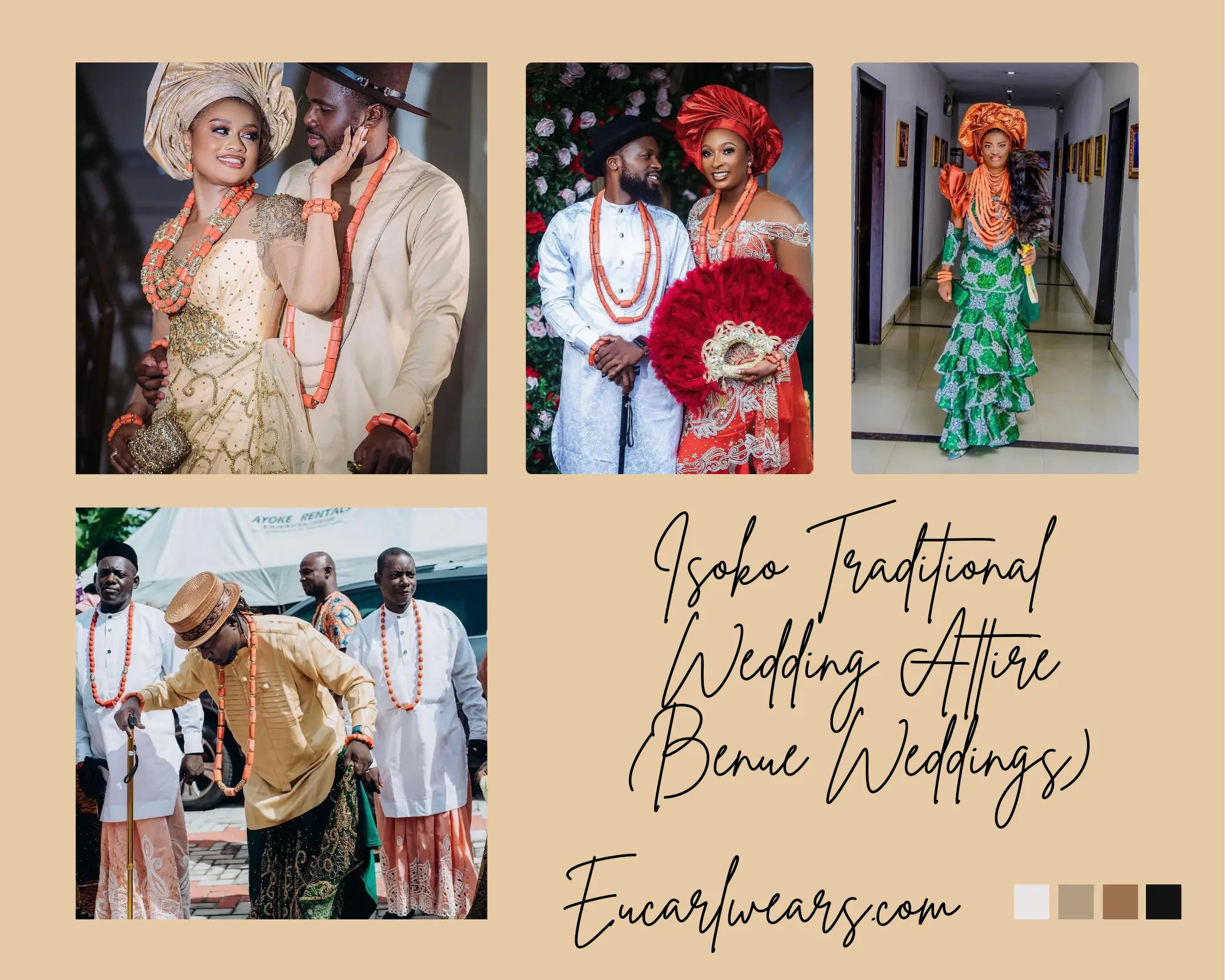
Isoko traditional wedding attire like every other tribe in the Niger Delta is a sight to behold. The lovely attires worn by couples add glam and colour to the day. Want to know what the Isokos wear on their wedding days? Read on
Isoko Tribe In Niger Delta, Nigeria
Isoko people are densely populated in the Delta and Bayelsa States of Nigeria. They are closely related to the Esan, Bini, Afemai, Ijaw, Anioma, and Urhobo ethnic groups. Also, their regions extend into the northwestern part of the Niger Delta in Nigeria.
Isoko ethnic group is made up of nineteen clans including Aviara, Ellu, Emede, Emevor, Enwhe, Erowha, Igbide, Irri, Iyede, Ofagbe, Okpe, Okpolo, Oleh, Olomoro, Owhe, Oyede, Ozoro, Umeh, Uzere.
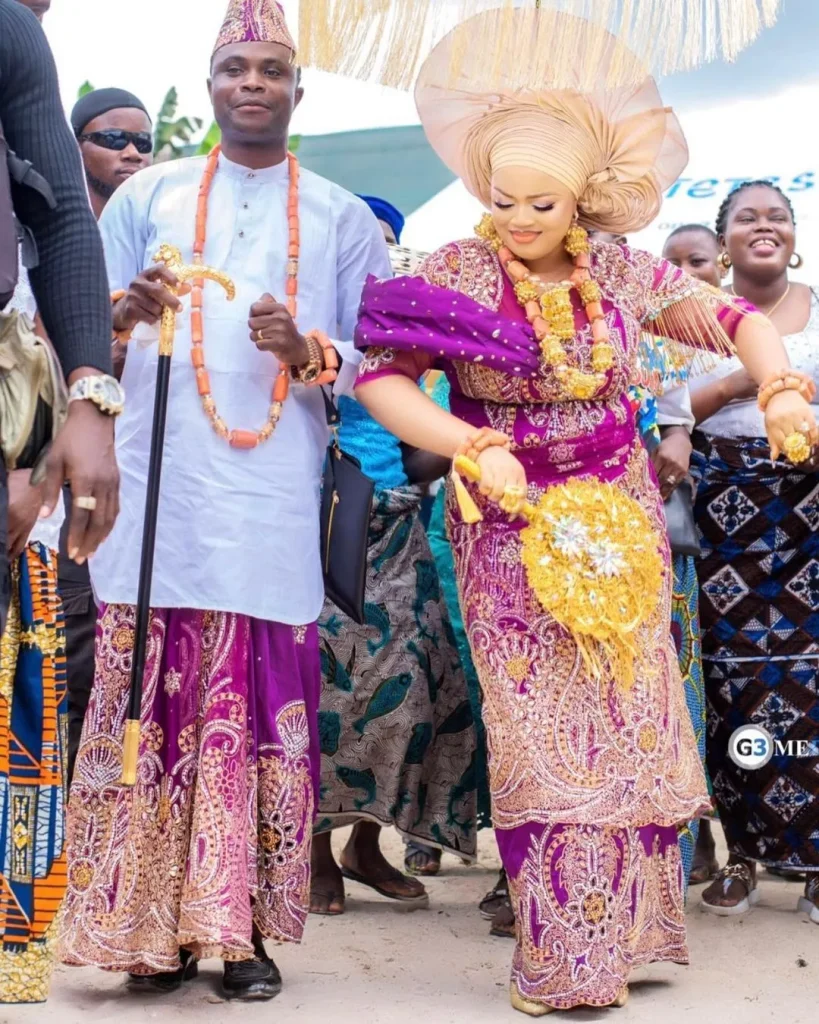
The Isoko people are ethnolinguistic, which means that they speak the Isoko language. This language shares linguistic similarities with the Epie-Atissa language, Engenni language, and the Urhobo language. Some say that the Isoko language is a dialect of the Urhobo language and the cultures of both tribes are quite similar. This claim is based on the history of the Isoko and Urhobo groups, where both tribes were labelled as a single cultural group known as Sobo.
Major parts of the Isokos economy are gotten from fishery; cultivation of food crops including yams, cassava, corn, beans, peppers, and peanuts; and palm oil & kernel production and processing; Their regions also have petroleum-producing fields where crude oil can be mined from.
Popular Isoko People
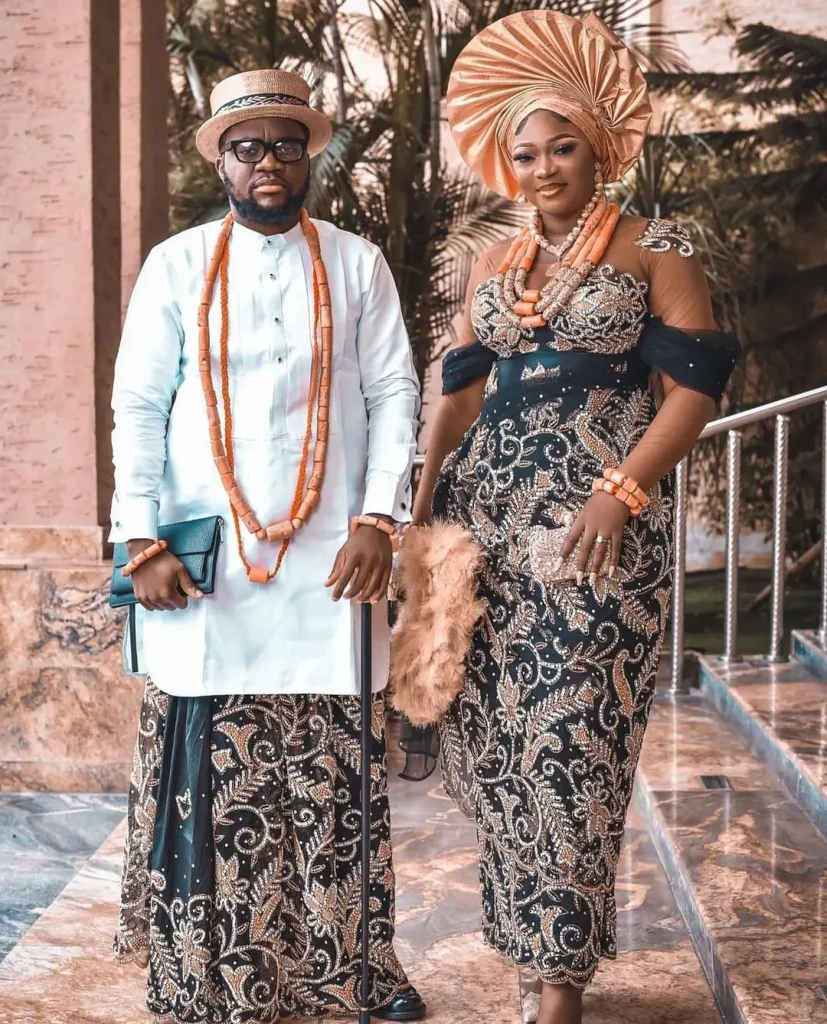
Asides from agriculture and Petroleum, the Isoko people are industrious to such an extent that the land has produced some notable peoples in Nigeria today. Did you know that the record label producer, Don Jazzy and one of Nigeria’s stand-up comedians, Bovi are both from Isoko? I’m guessing not.
Here are other profile personalities from the tribe: Daddy Showkey – a garala singer; Emily Eriarie Arhagba – the first Vice Principal at the Petroleum Training Institute, Effurun, Delta State; Eva Alordiah – a Rapper; Evi Edna Ogholi – a reggae musician; Fred Amata – a popular Nollywood actor; Jeta Amata – filmmaker and movie director; Masai Ujiri – President and former GM of the Toronto Raptors; Orezi – a musician; Patience Oghogho Maseli; the first female Deputy Director of Upstream Division at the Department of Petroleum Resources; Samuel Oboh – Canadian-based architect; and Solid Star – a musician
Isoko Traditional Wedding Attires For Bride and Groom
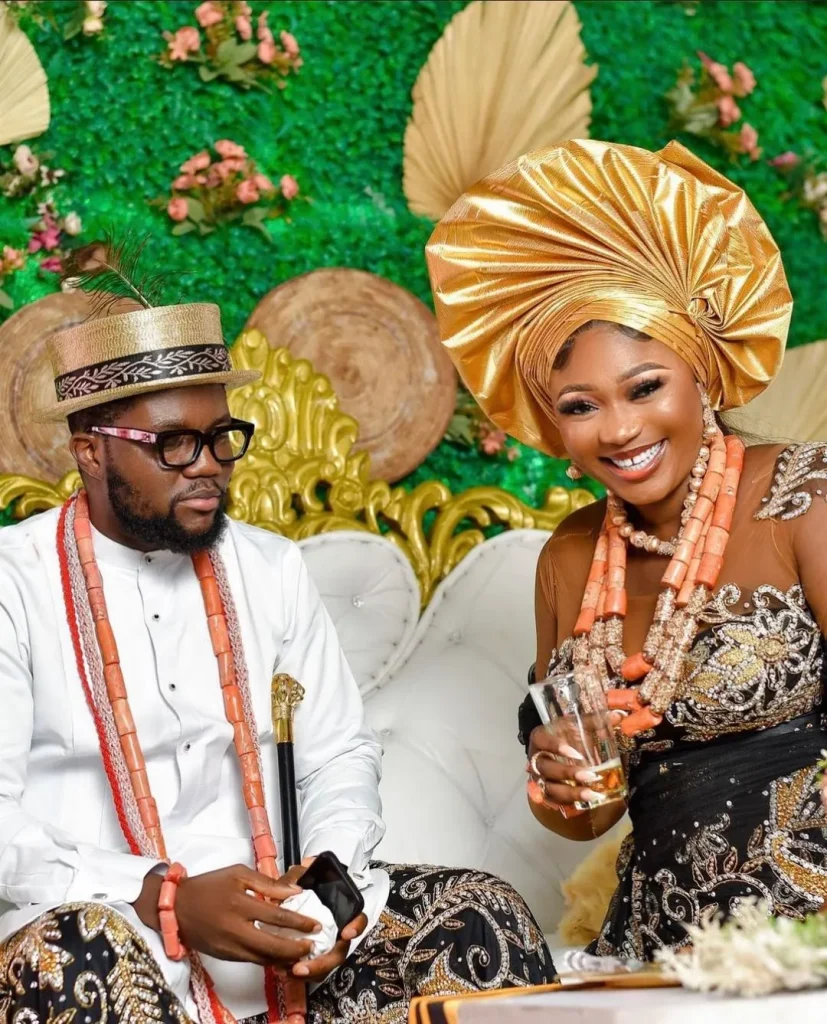
Traditional Marriage Attire for Women
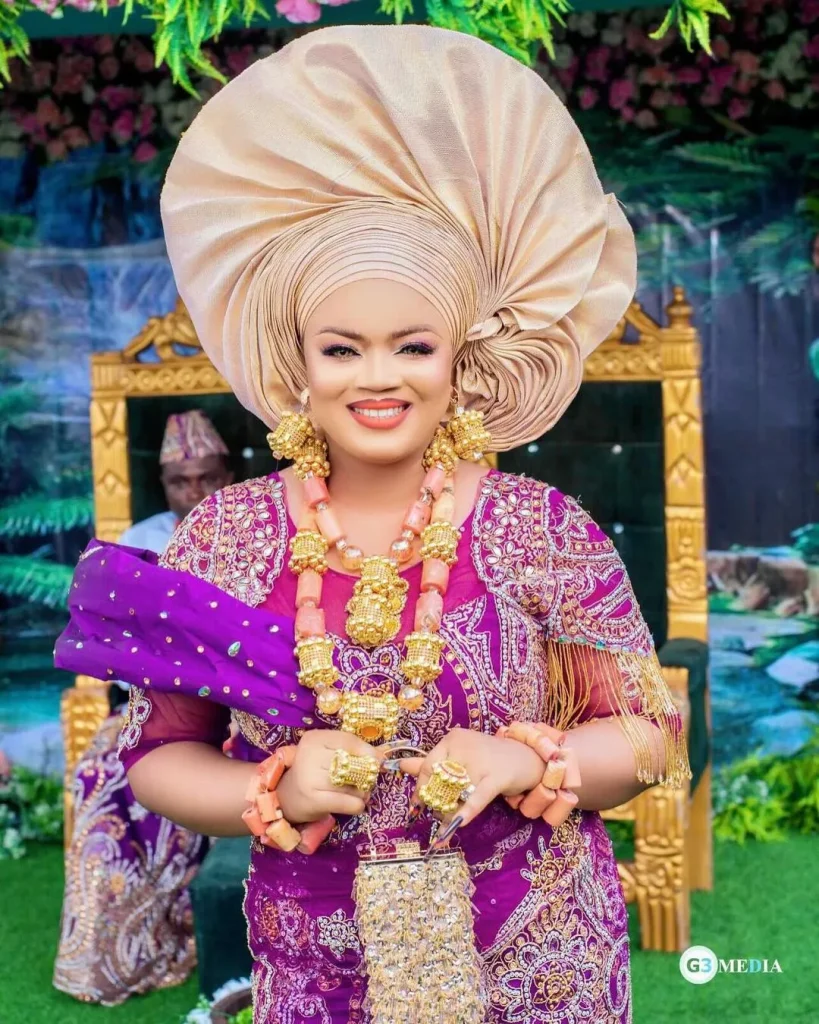
Traditional attire for Isoko women consists of two wrappers called ‘ehor’ or ohor, a blouse known as ‘ewhu’, and a traditional headtie called ‘udofor’. To accessorize the fit, the bride wears red coral beads and beaded head crowns. Also, long cotton skirts can be worn as an alternative to double wrappers. This skirt can also be made from George fabrics.
Isoko women mix and match colours to appear beautiful in traditional attire. Red, blue, orange, and green are the predominant colours in an Isoko woman’s traditional marriage attire. An Isoko bride may also choose to carry a walking stick with her as it is common among most Deltan tribes.
Traditional Marriage Attire for Men
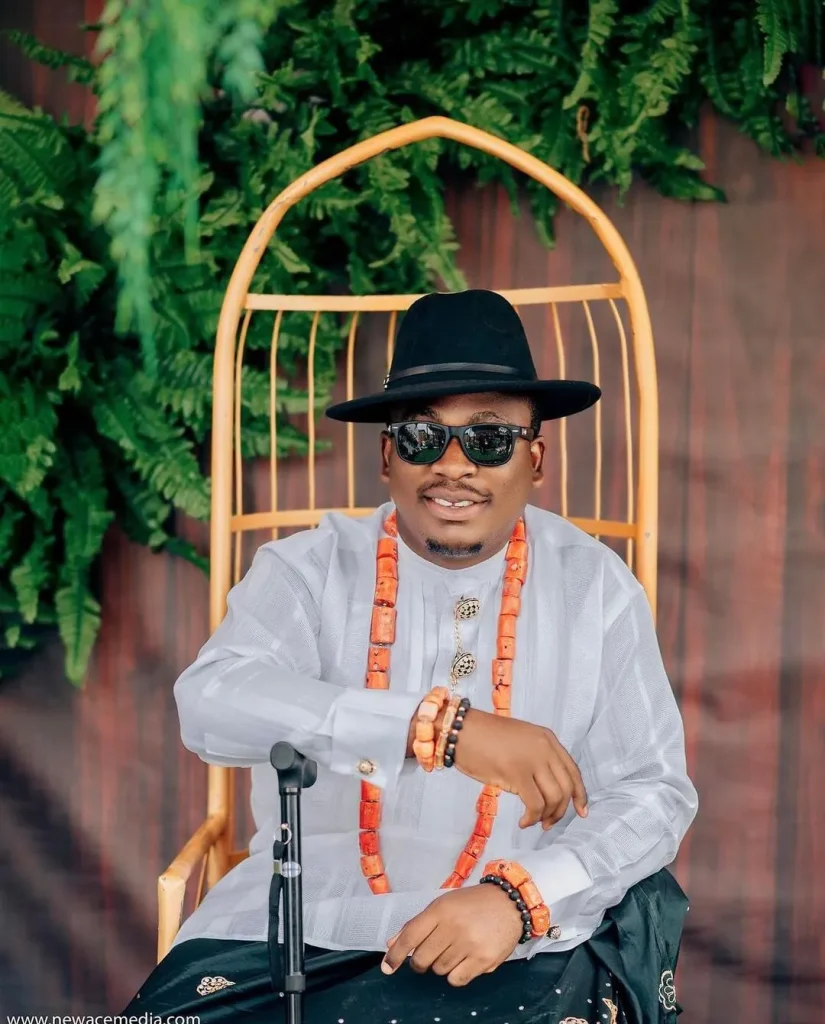
Similar to their female counterpart, Isoko men wear long shirts or a native lace with little or no designs over pants or male skirts. Some men prefer to tie a similar wrapper to their bride’s outfit around their waist. To accessorize the Isoko traditional attire for men, cowboy hats, walking sticks, neck beads, and bangles are added to the ensemble.
The shirts and wrappers worn are always in bright colours like blue, red, brown, camel shade, and white. The clothing colour is always in harmony with the bride’s wear.
More Photos of Isoko Traditional Attire For Weddings
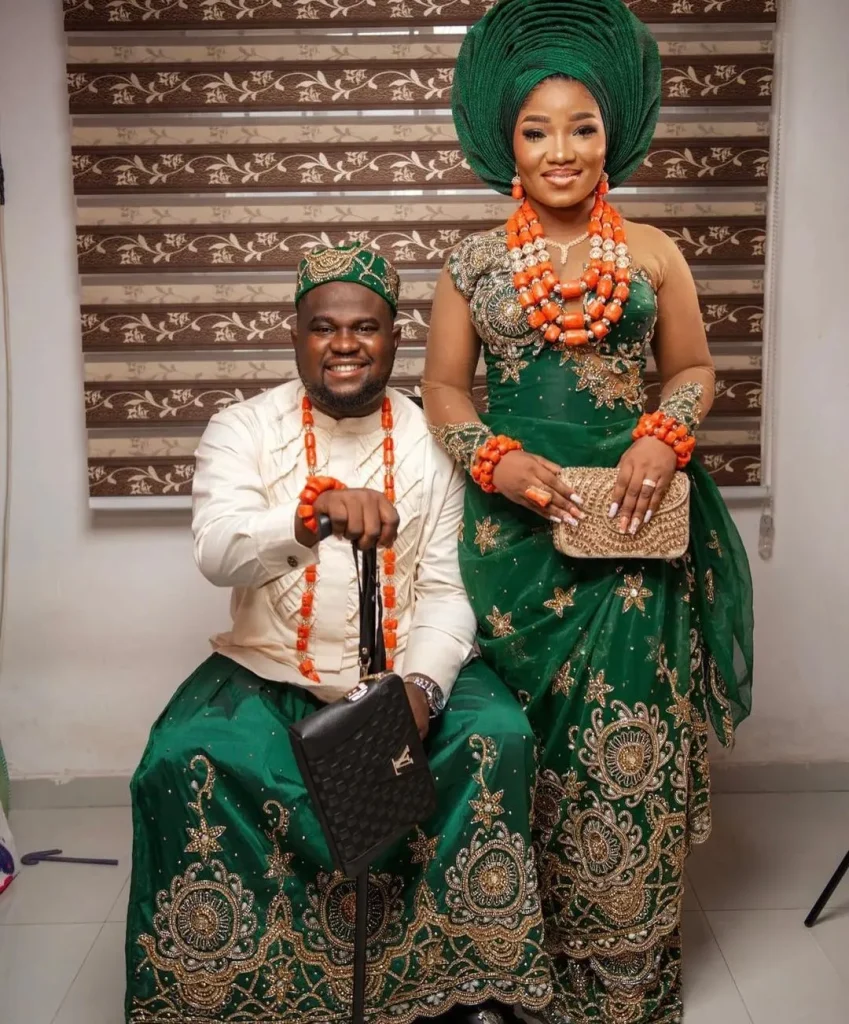
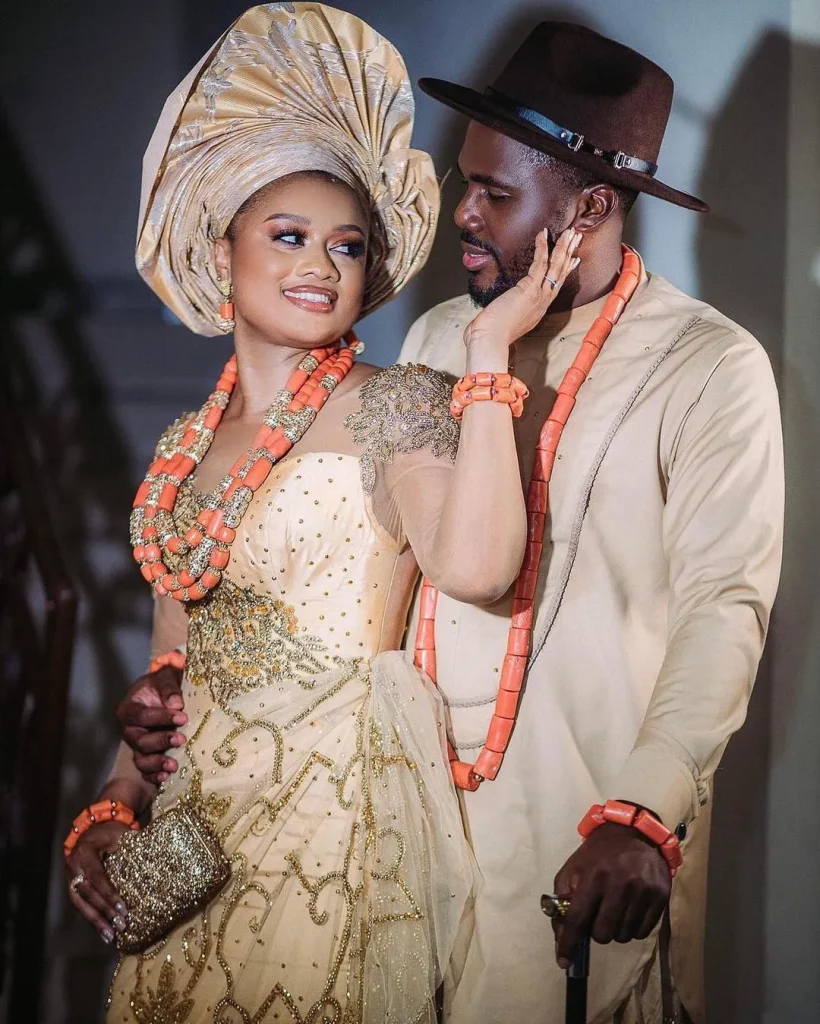
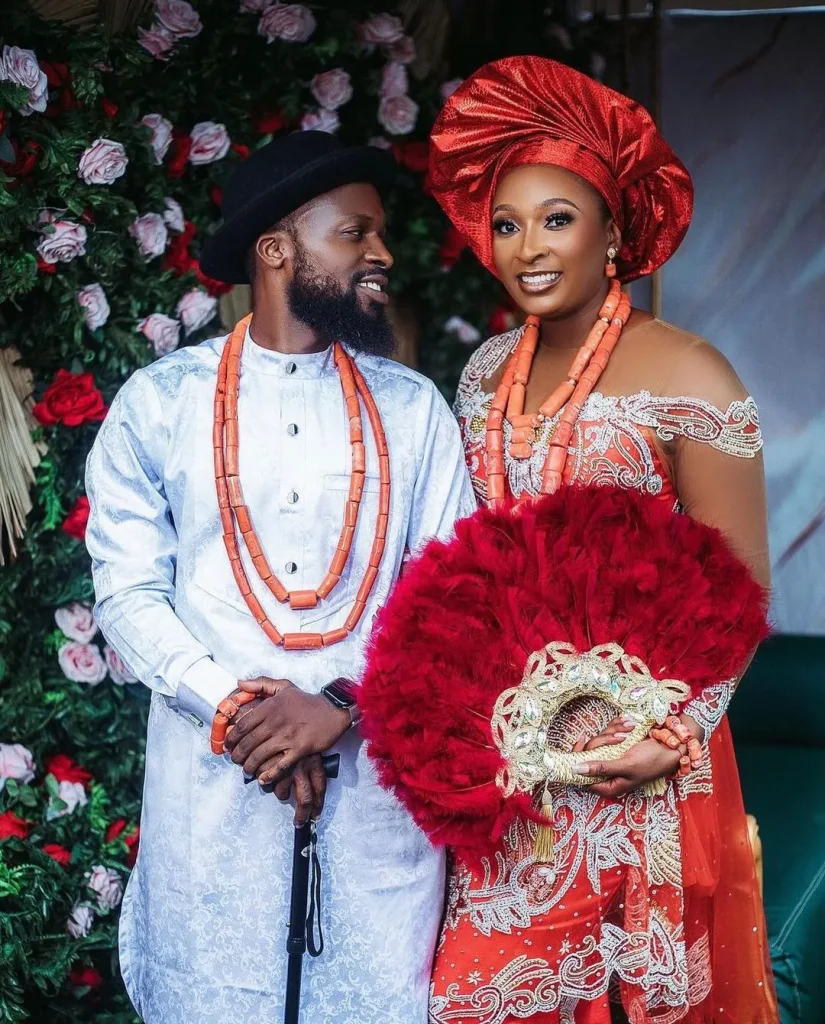
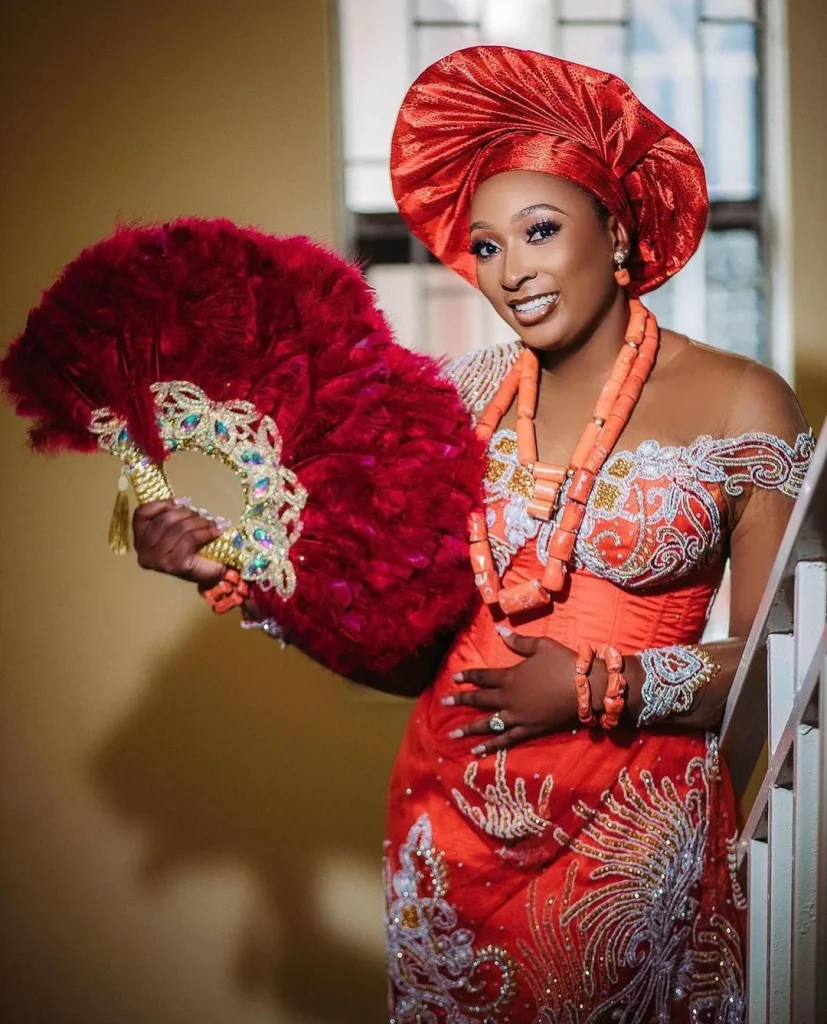
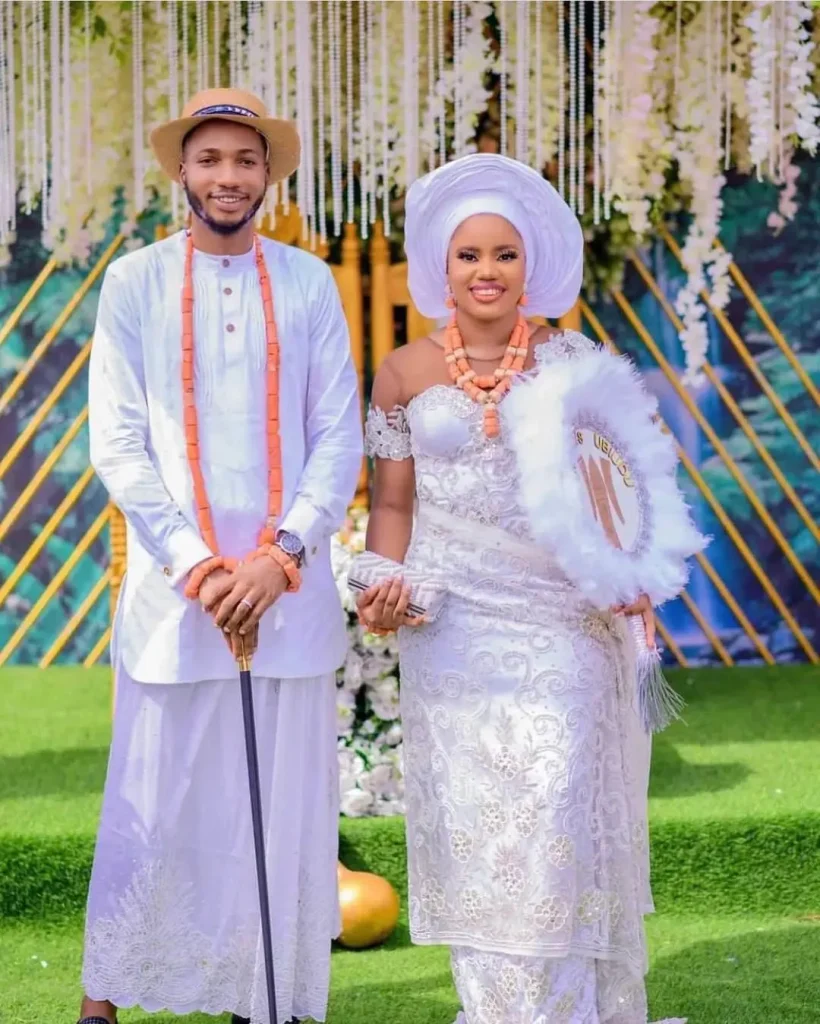
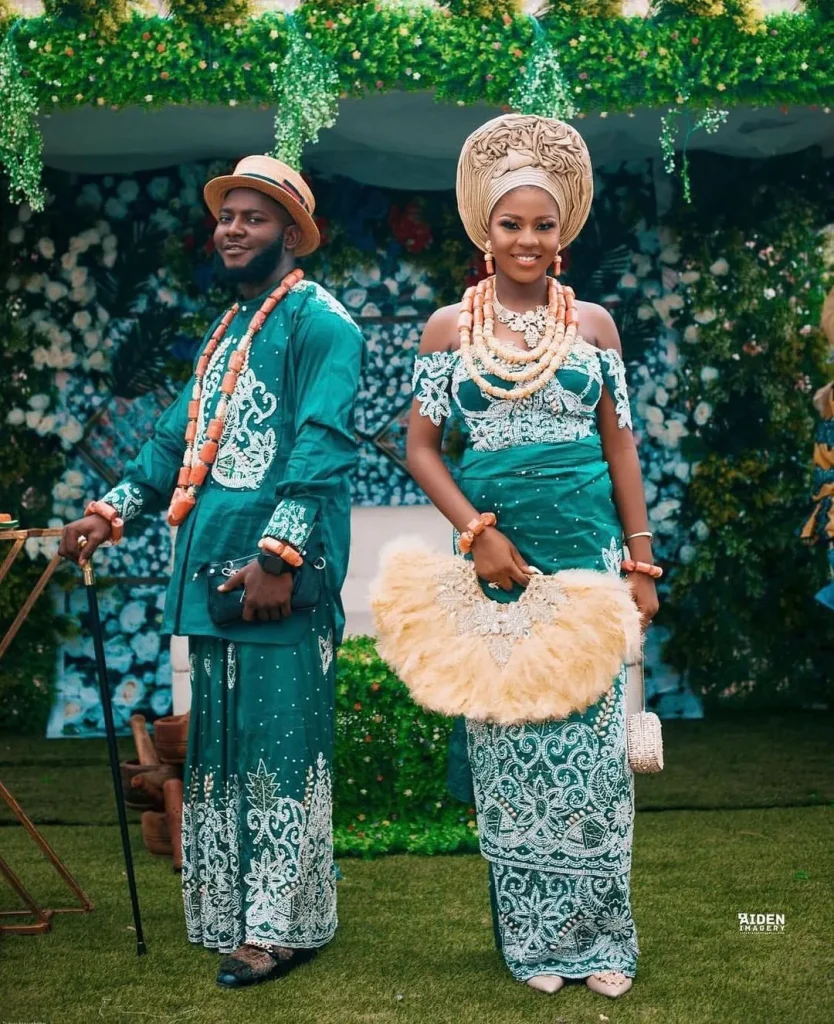
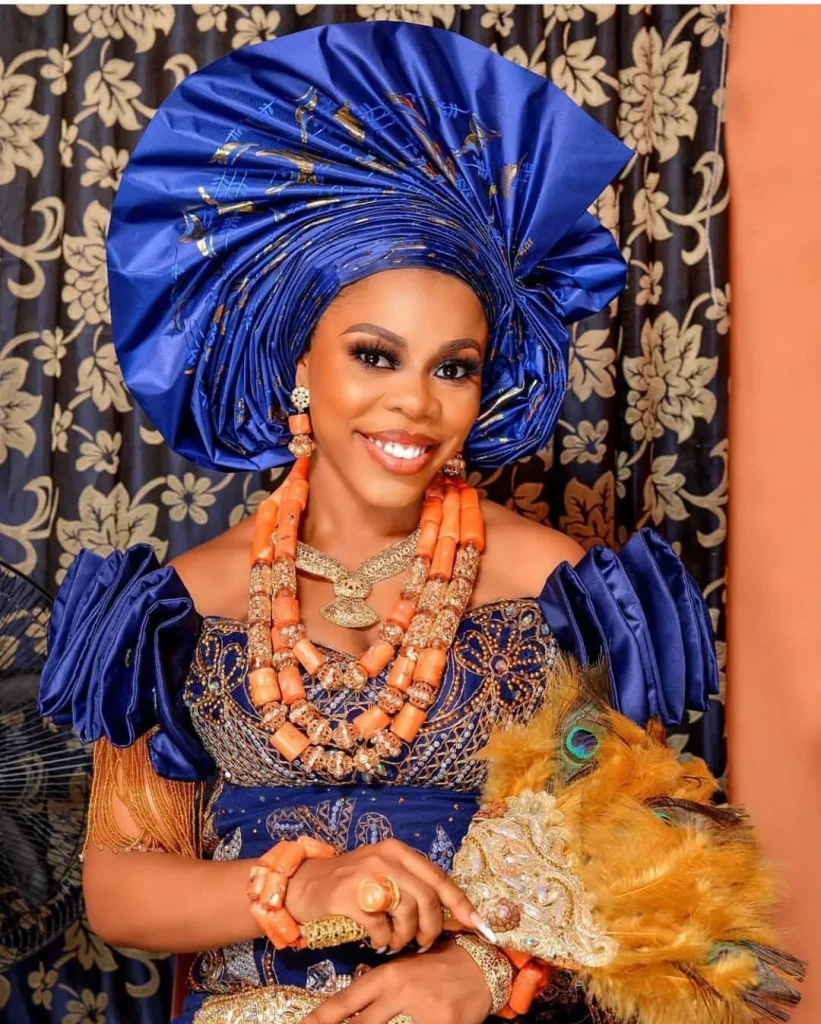
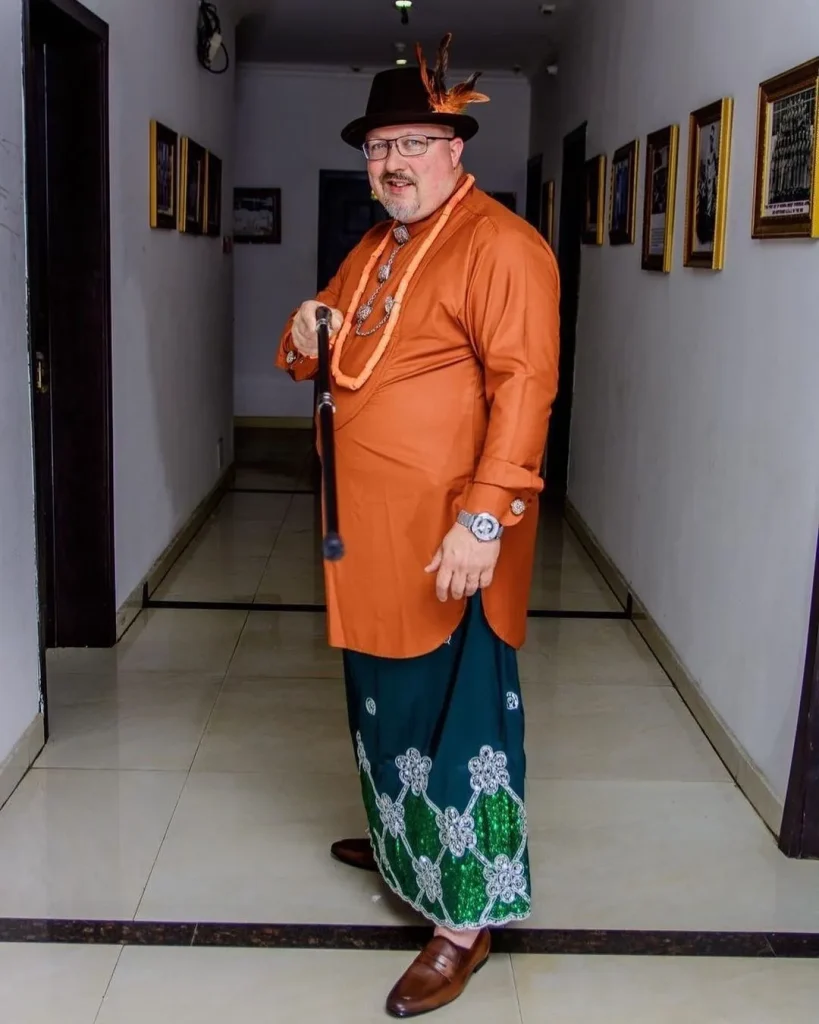
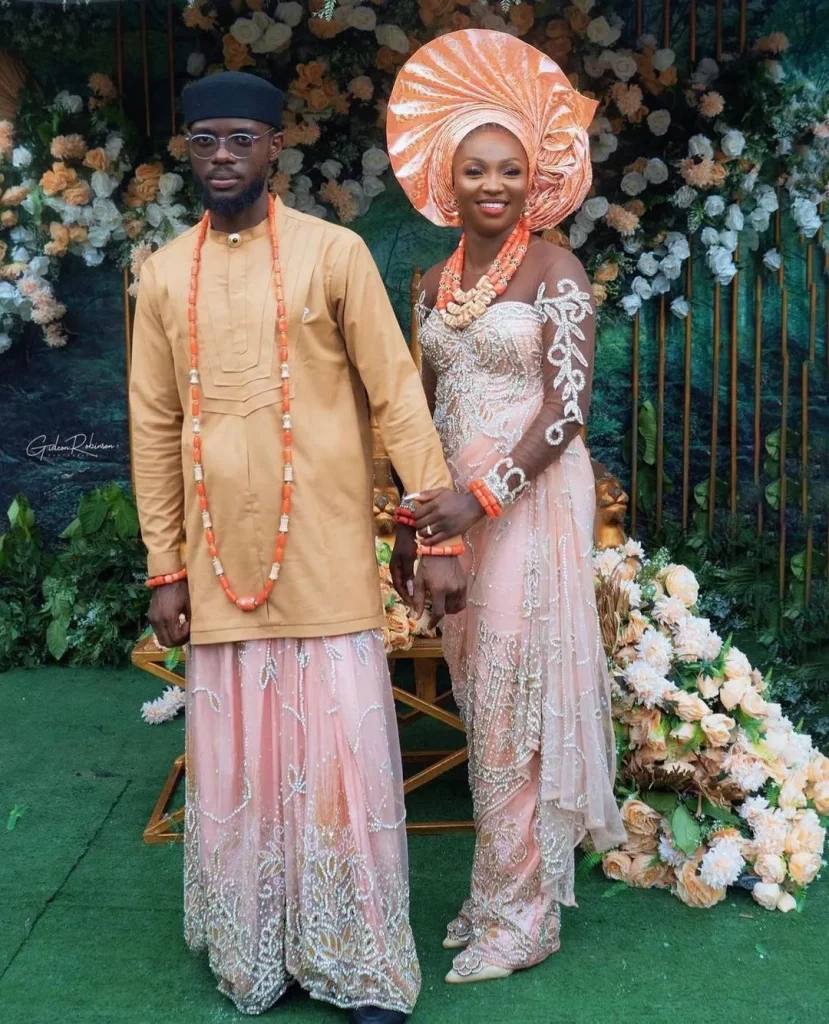
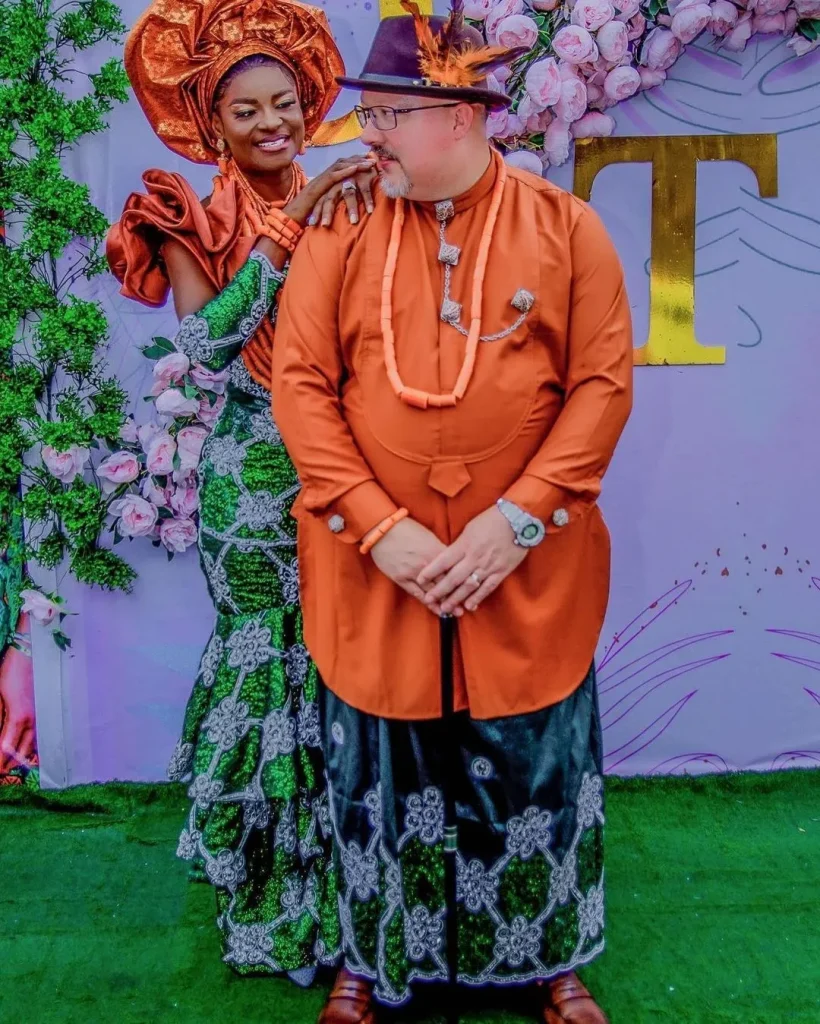
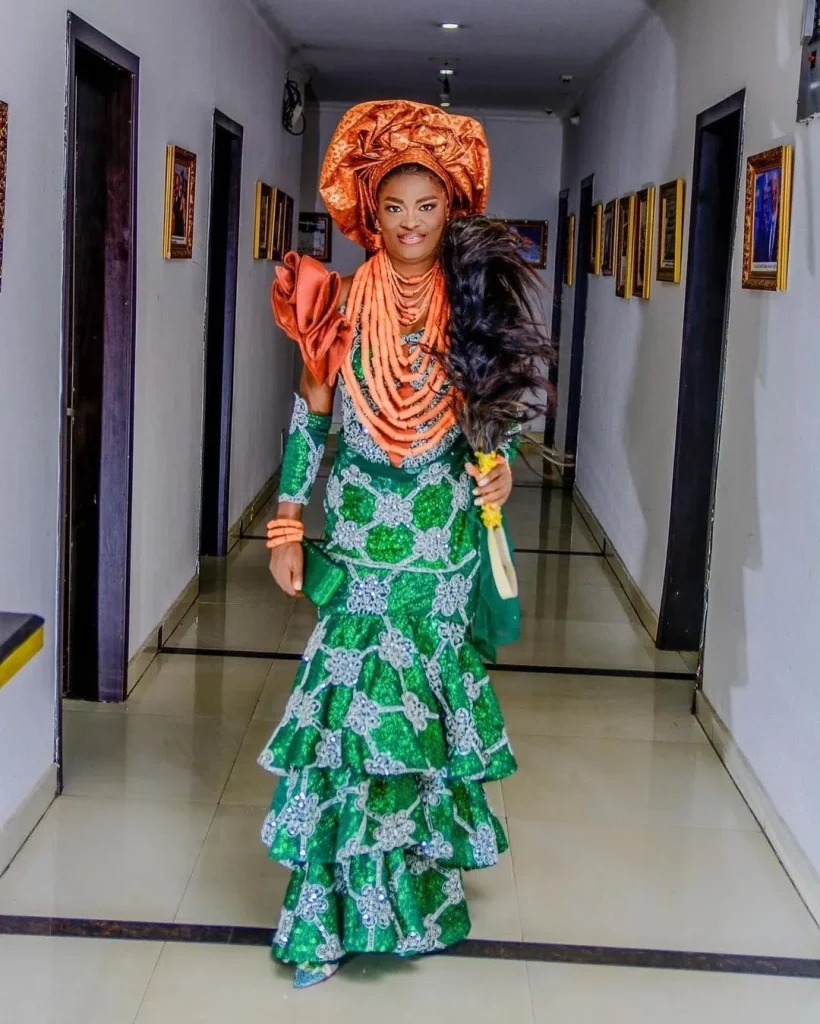
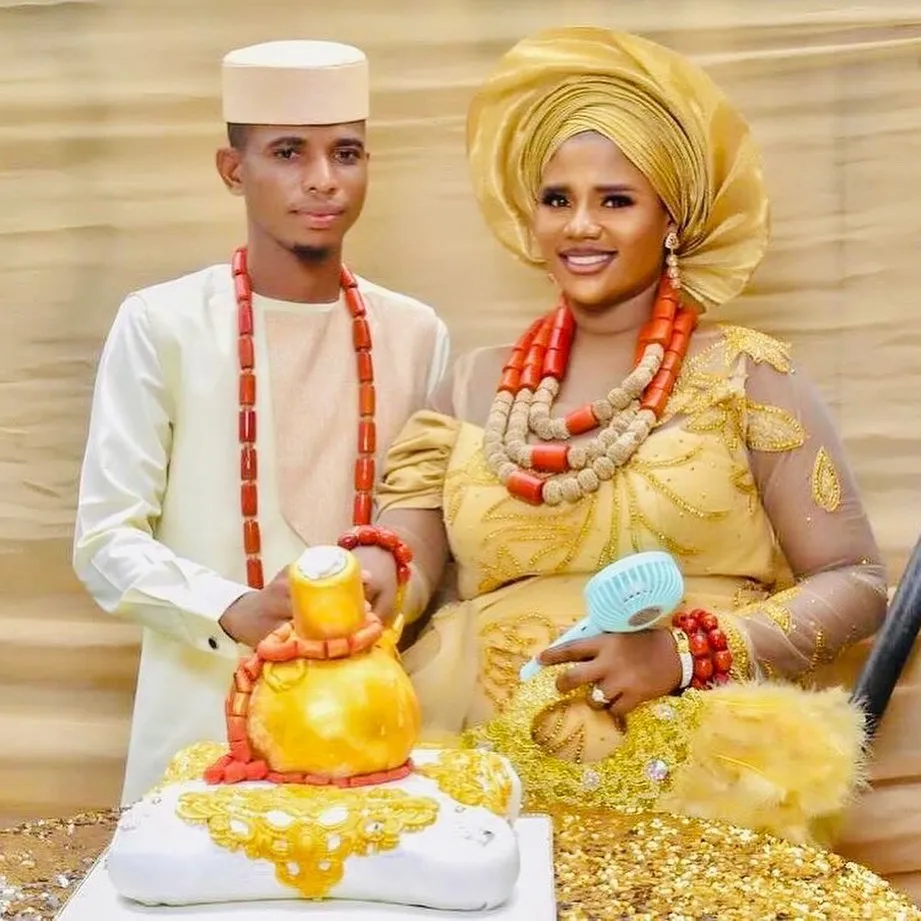
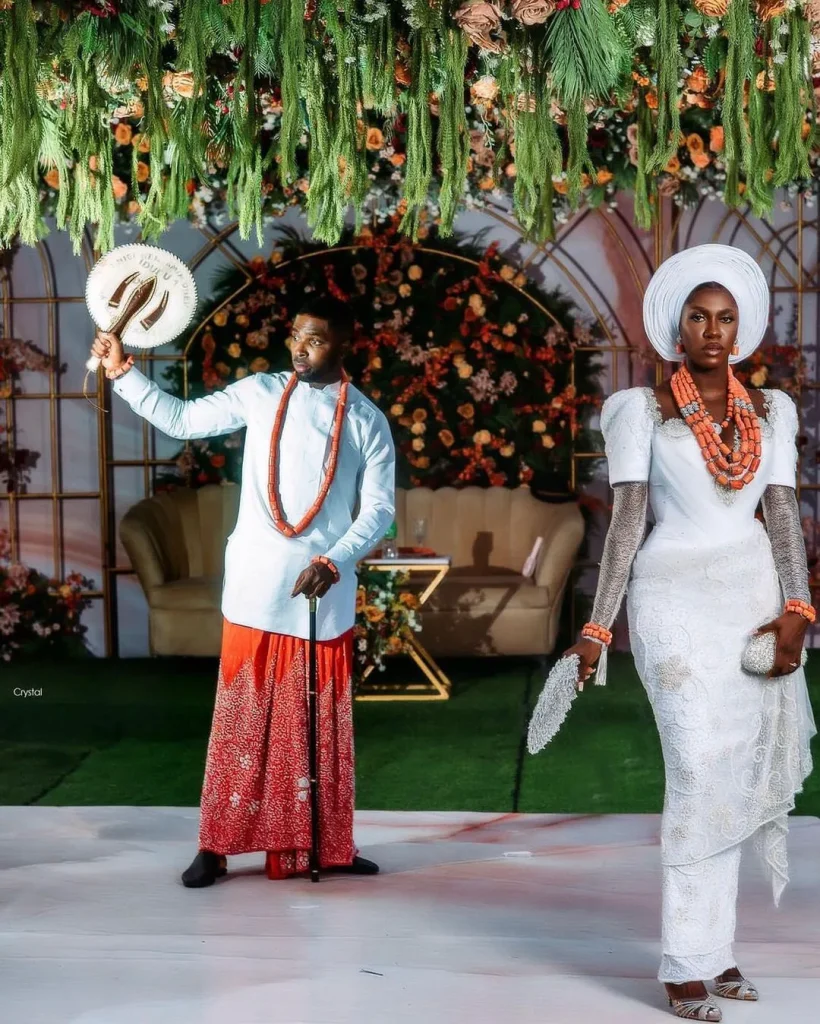
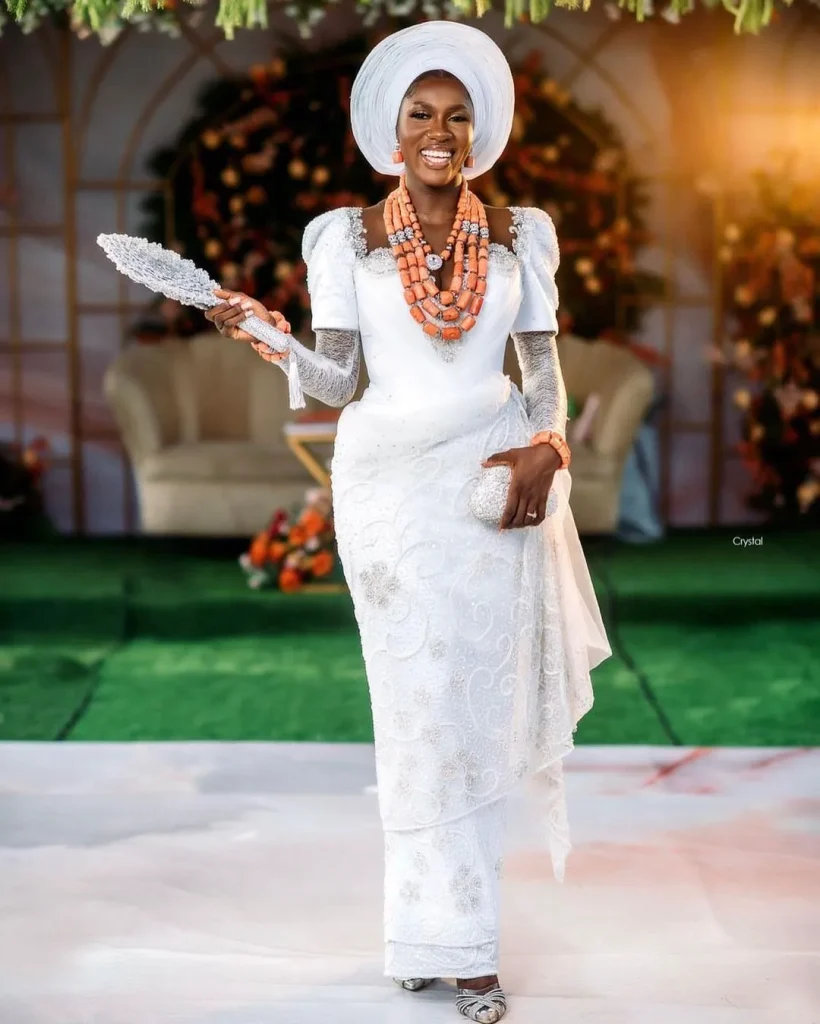
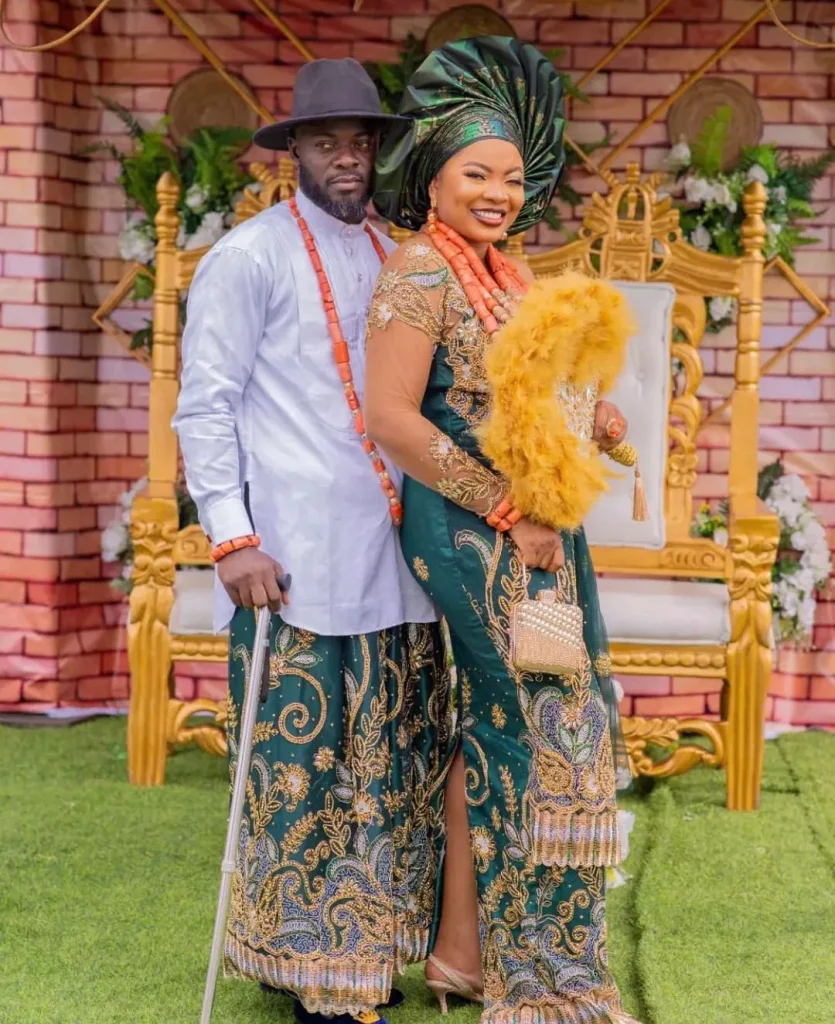
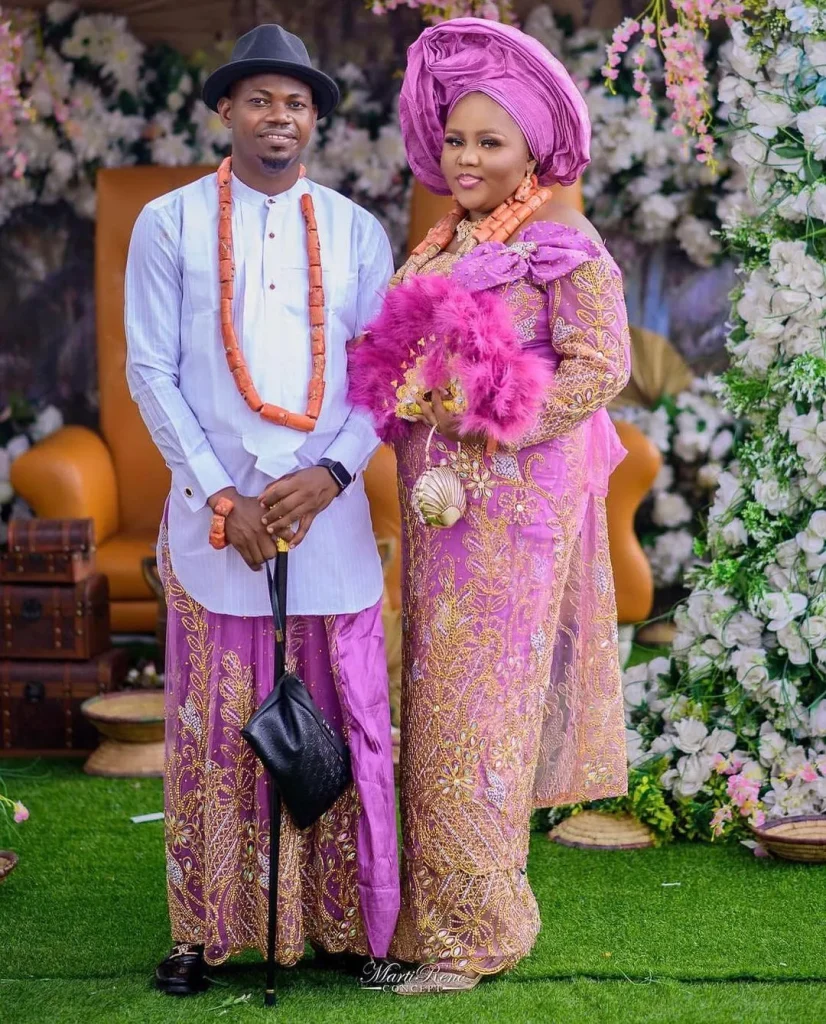
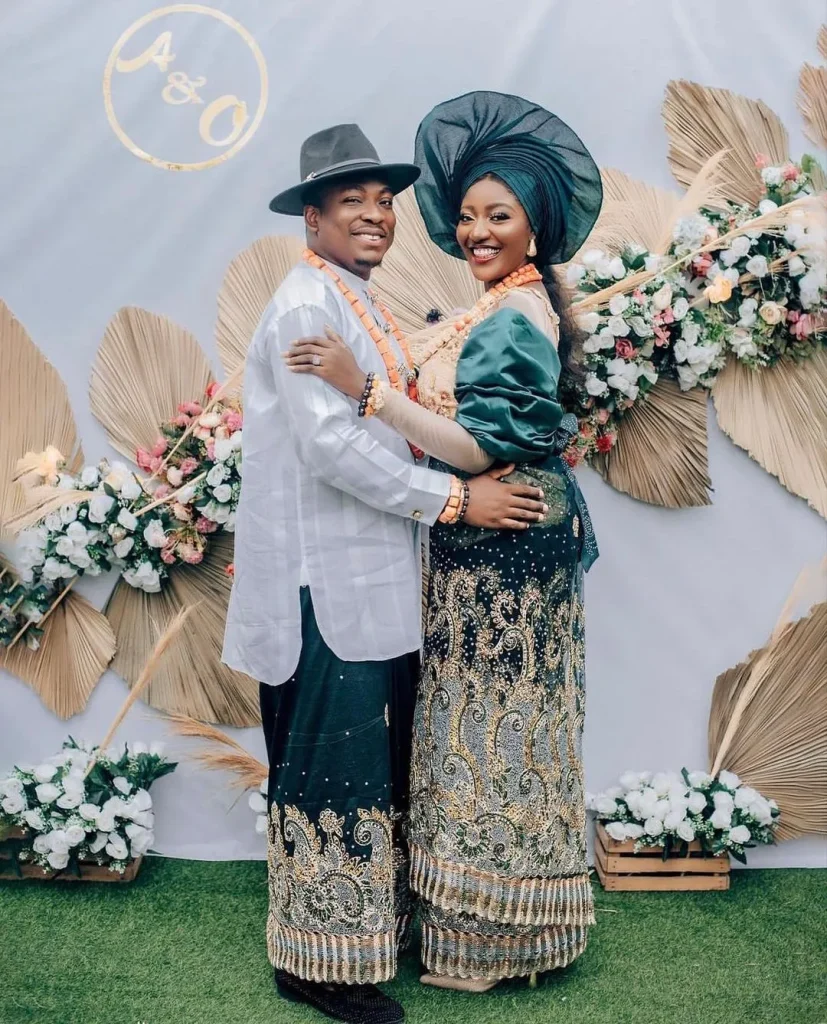
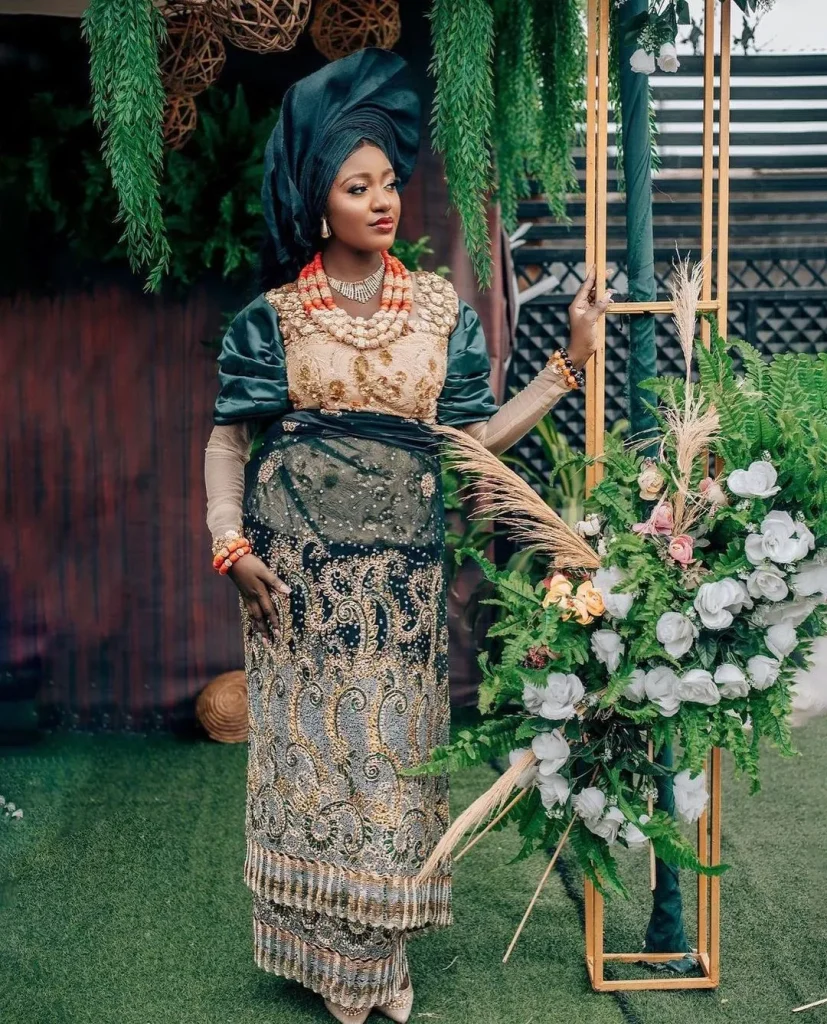
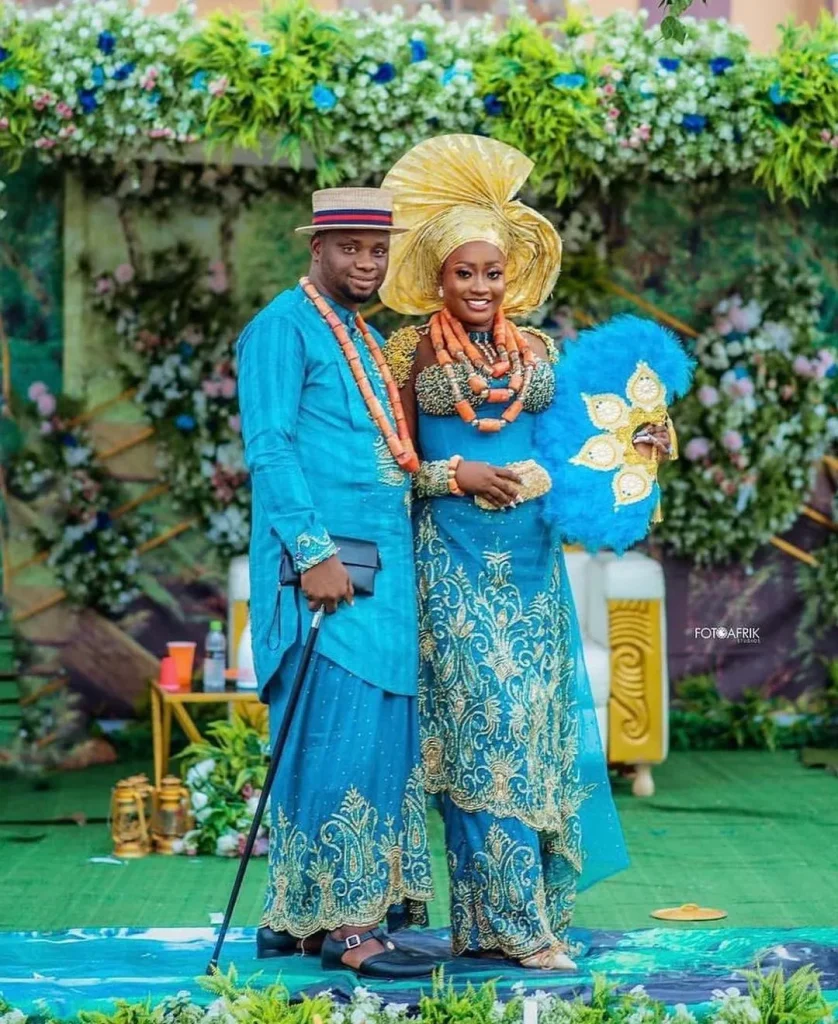
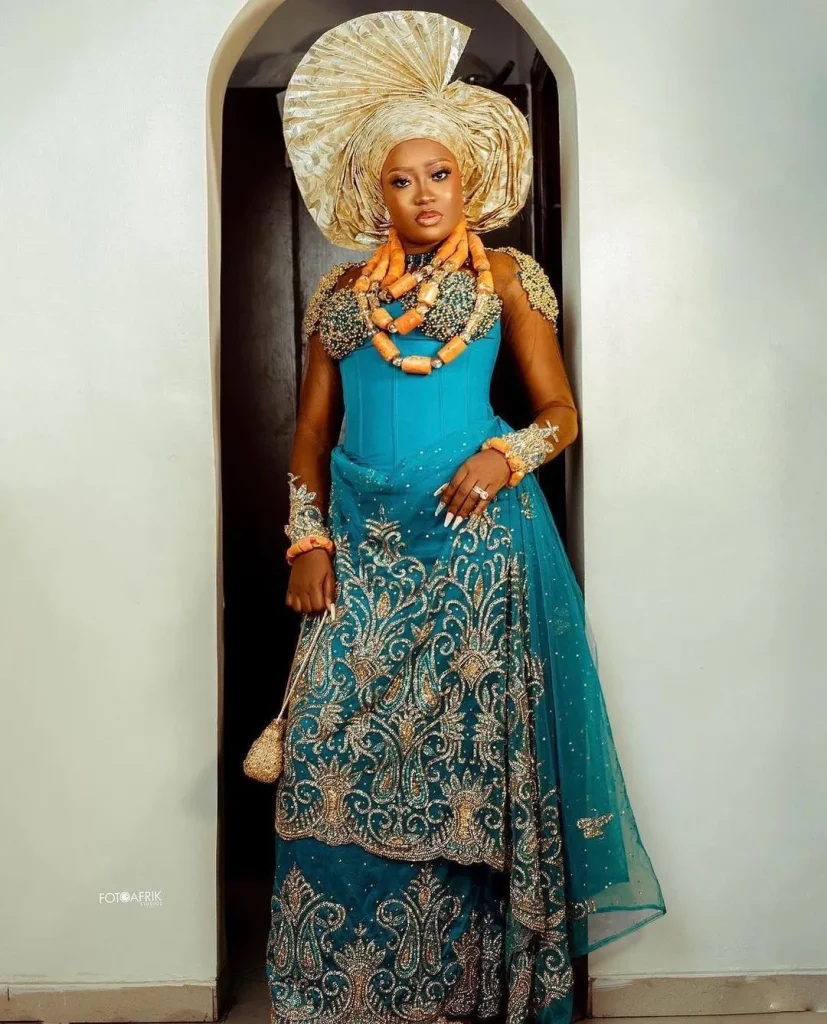
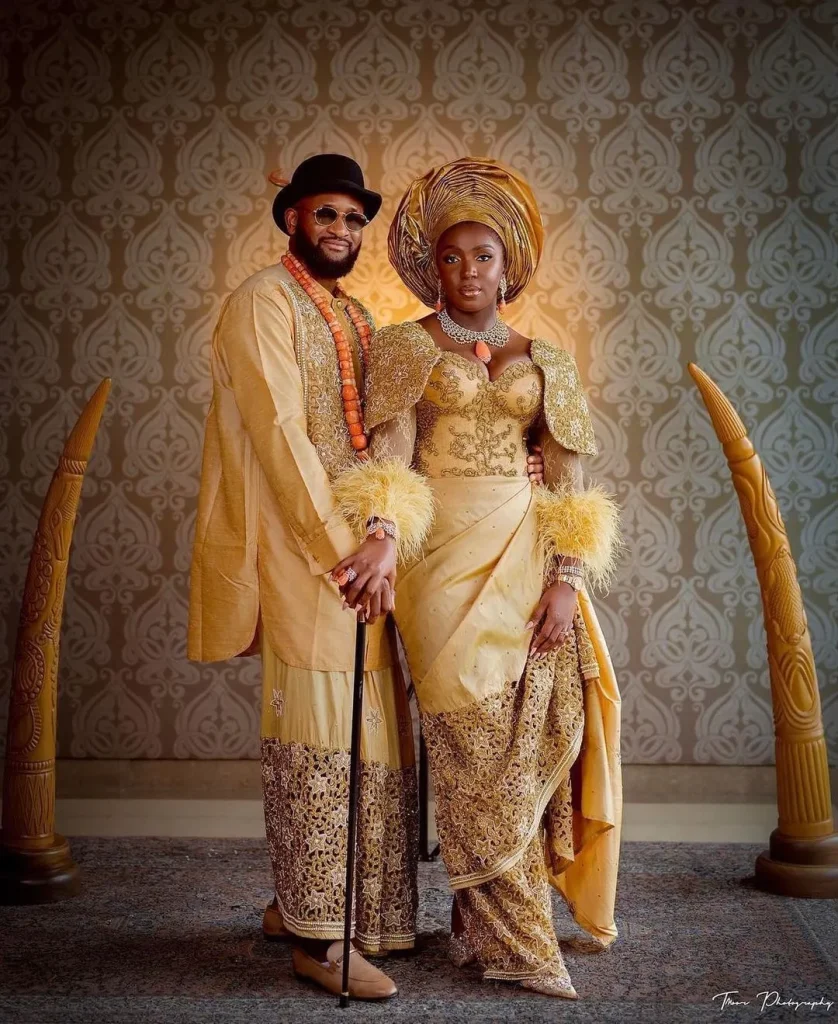
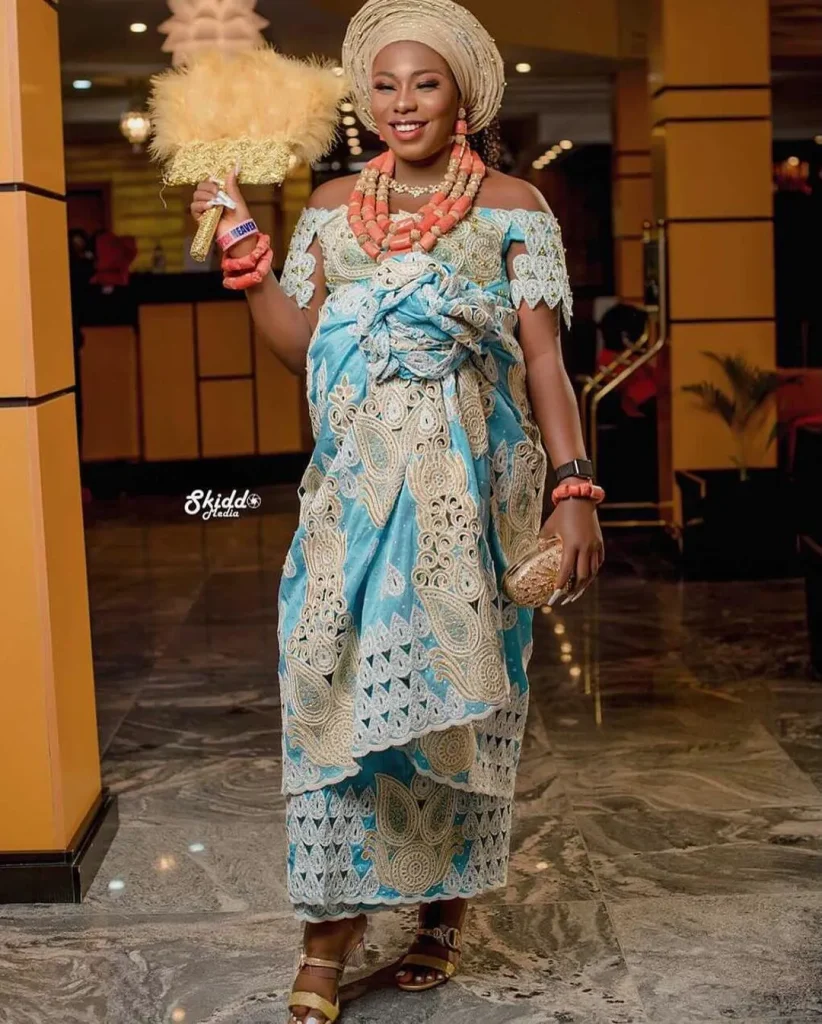
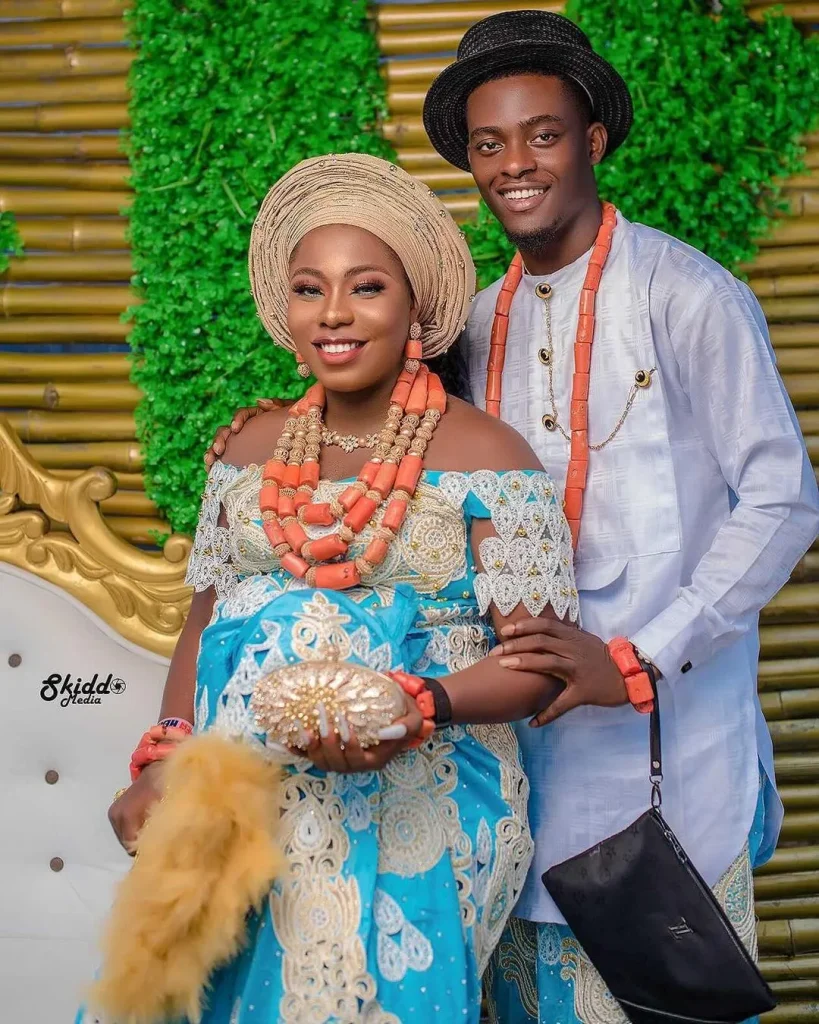
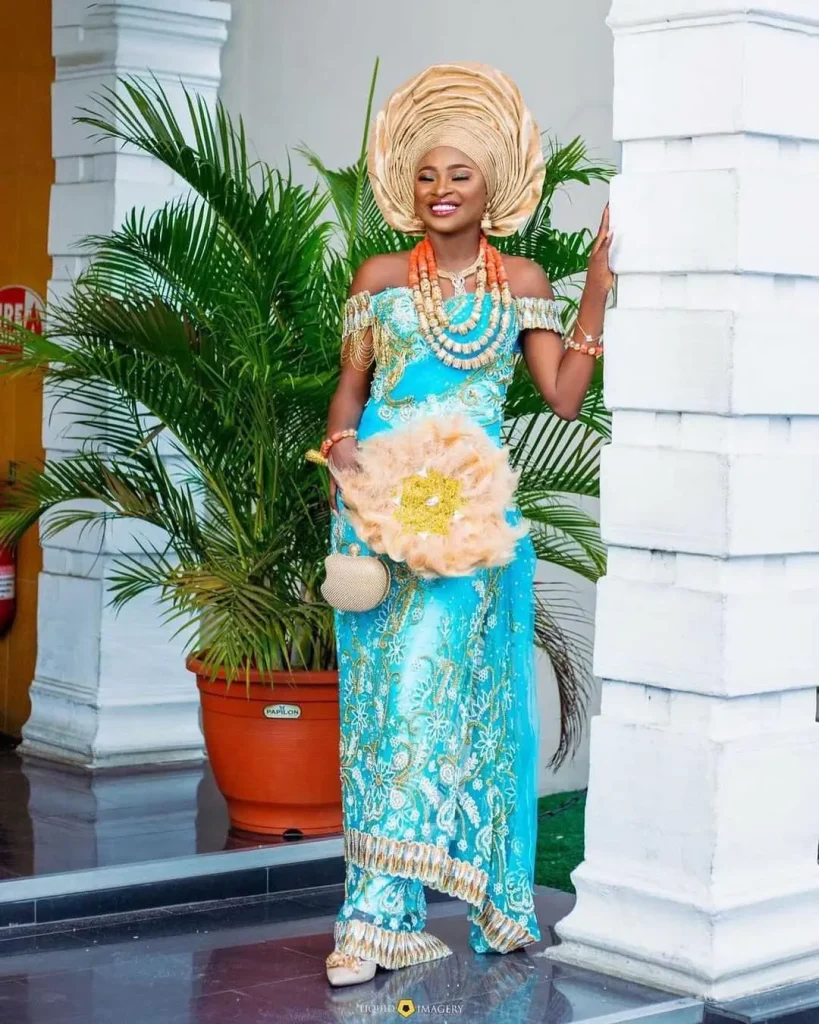
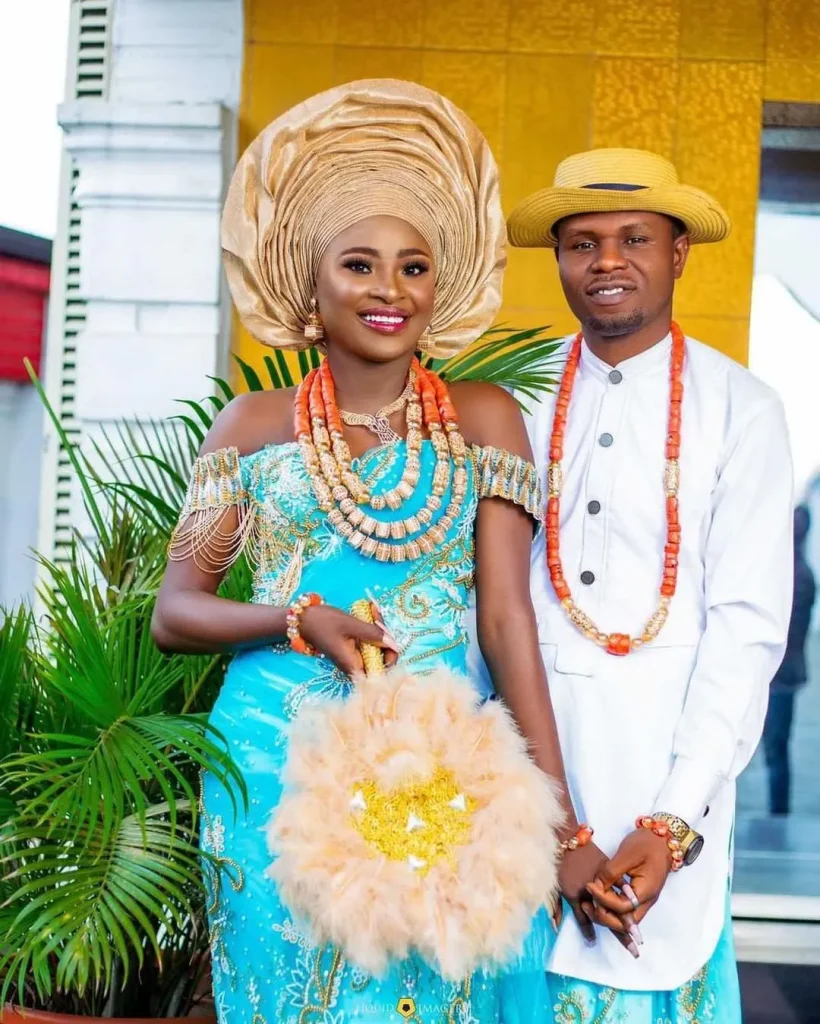
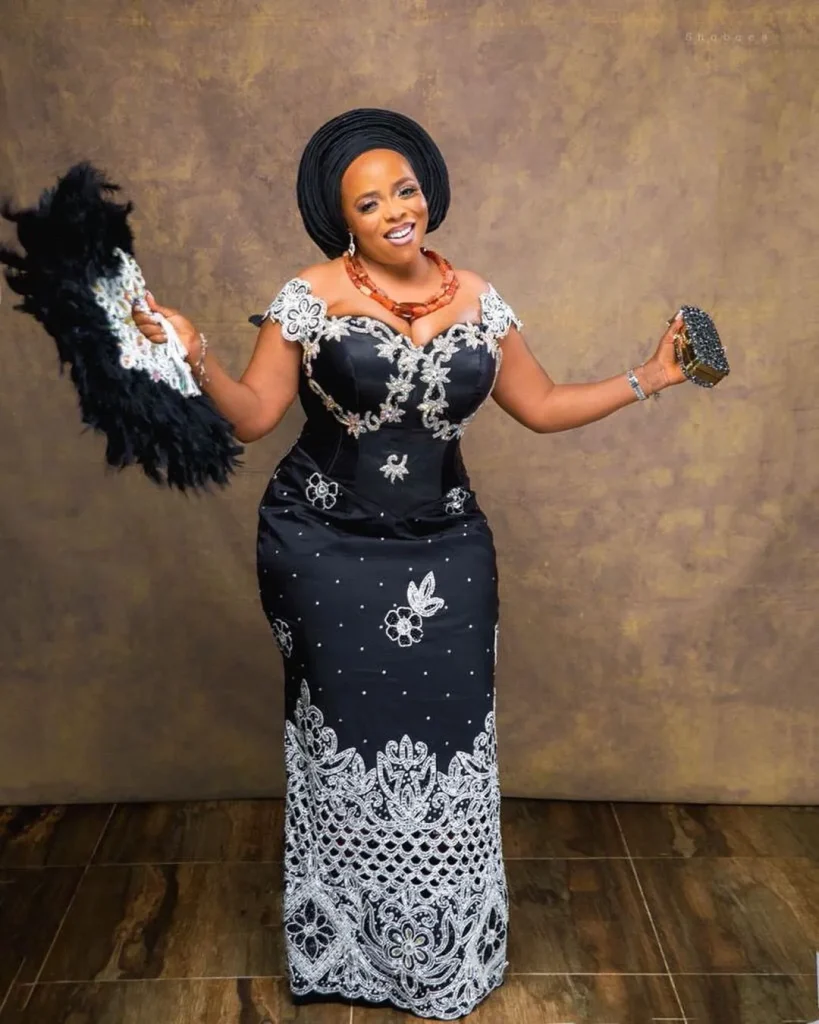
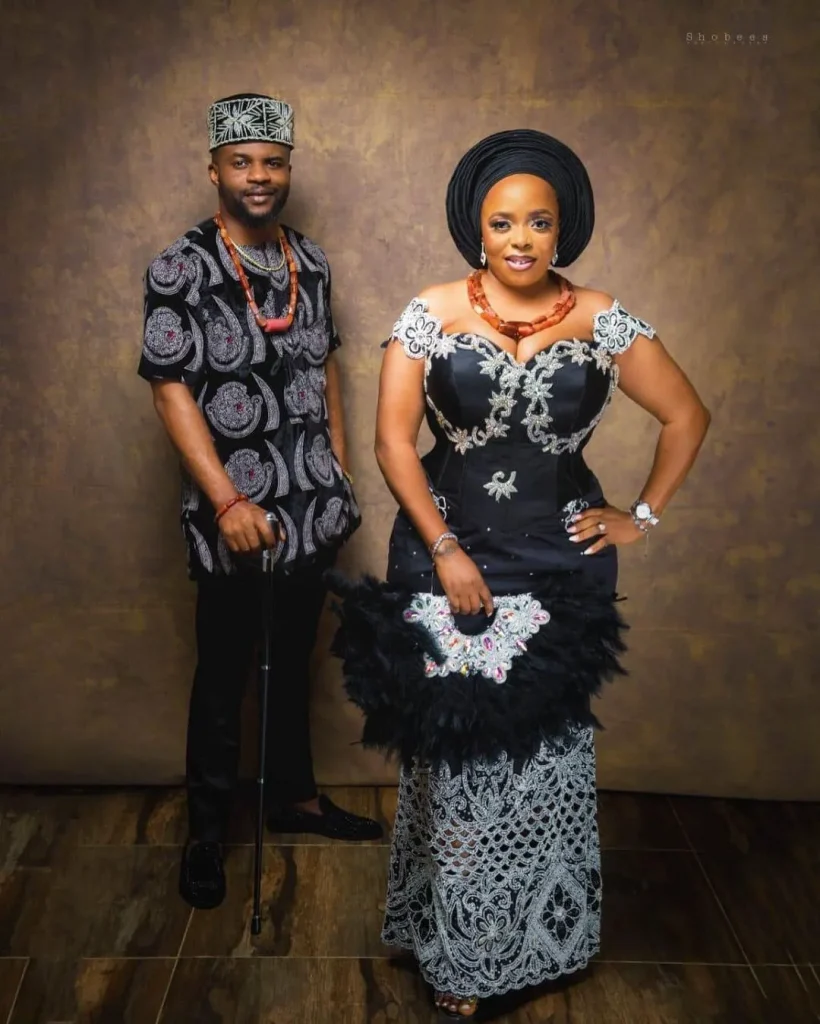
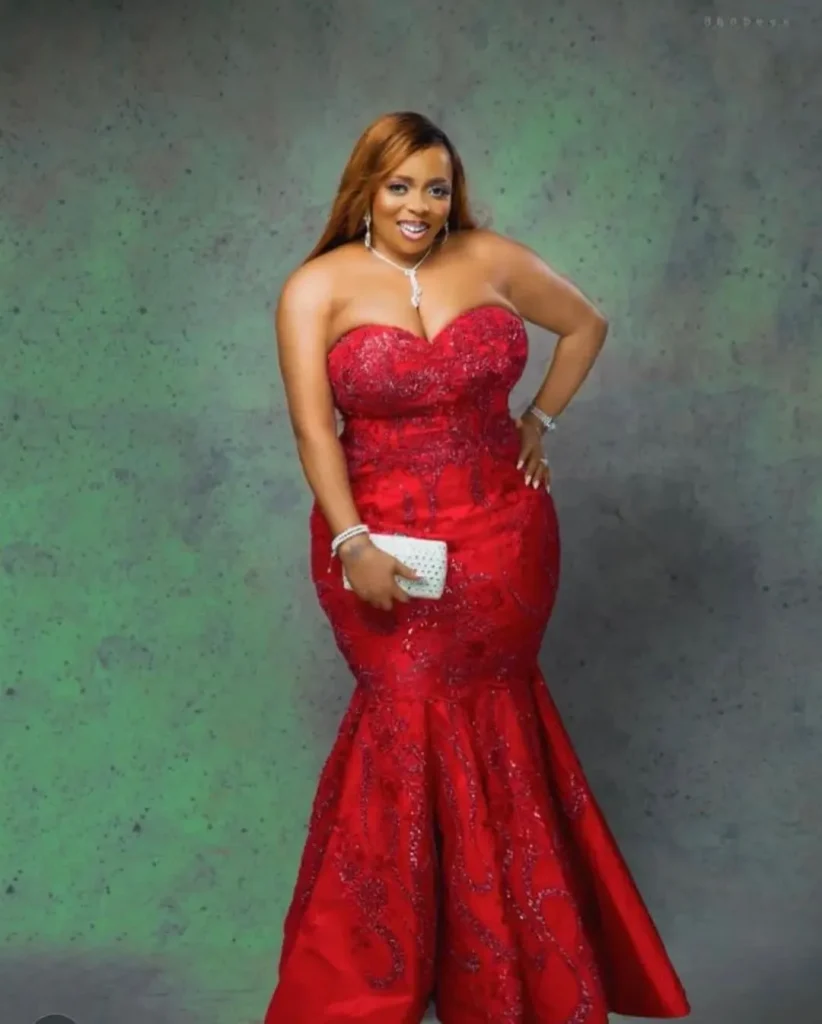
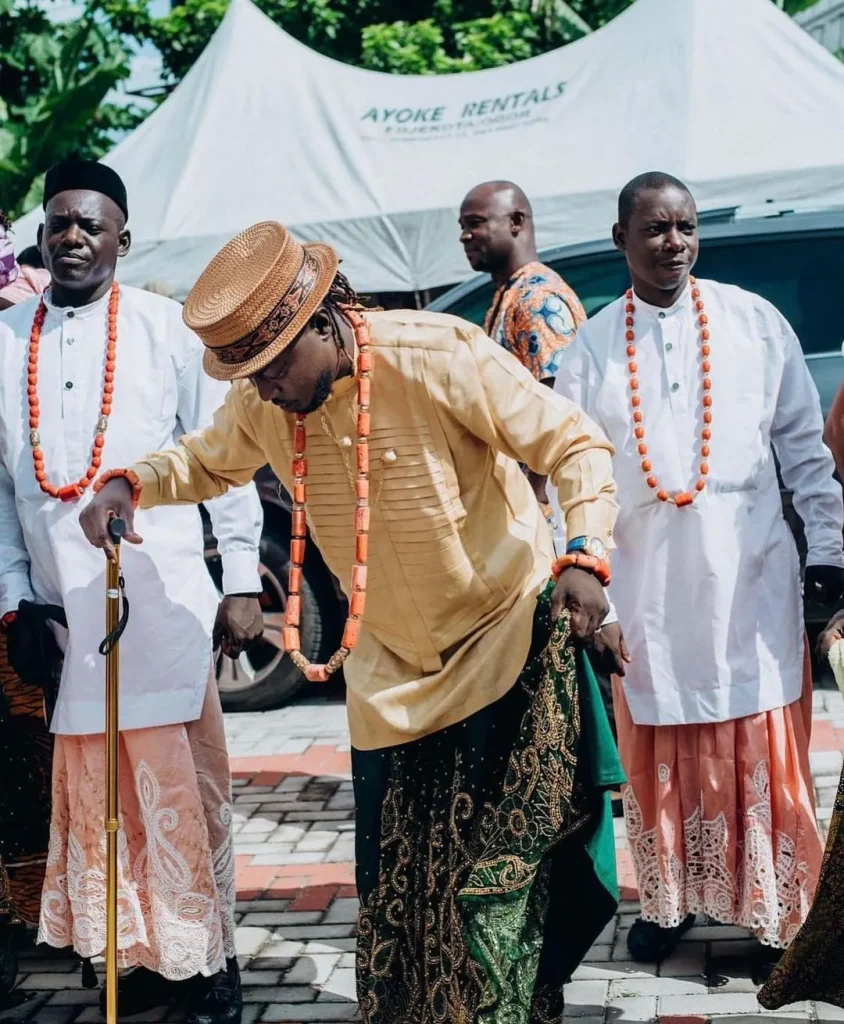
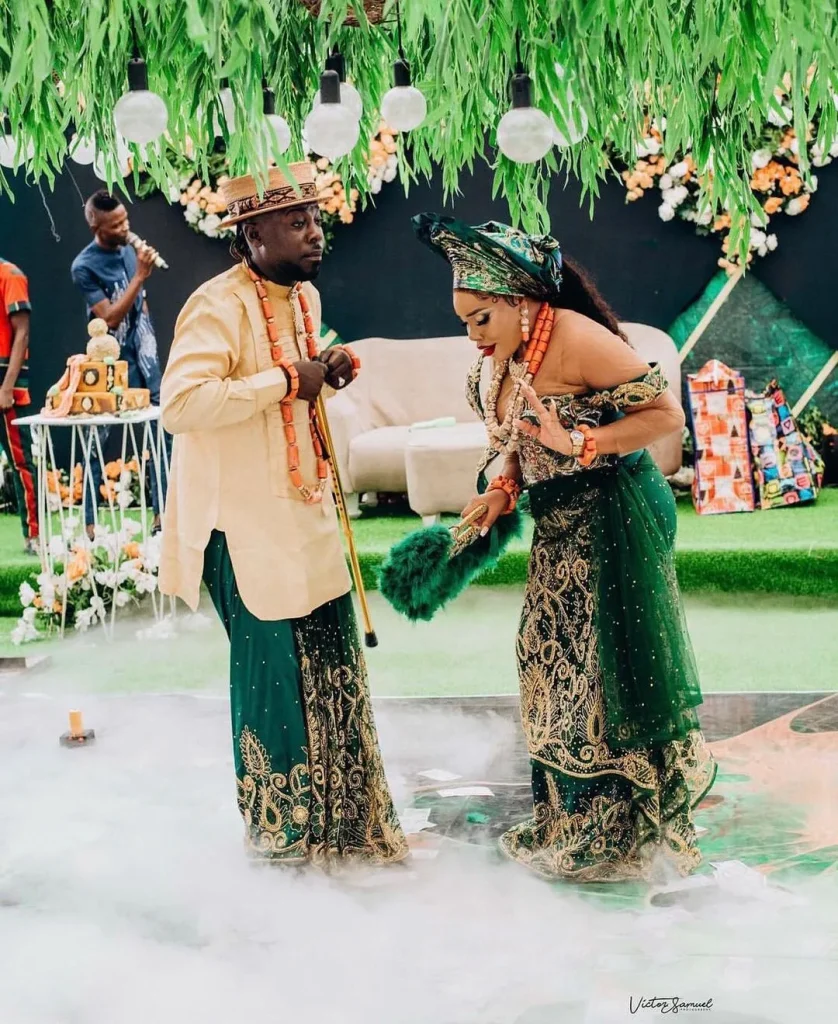
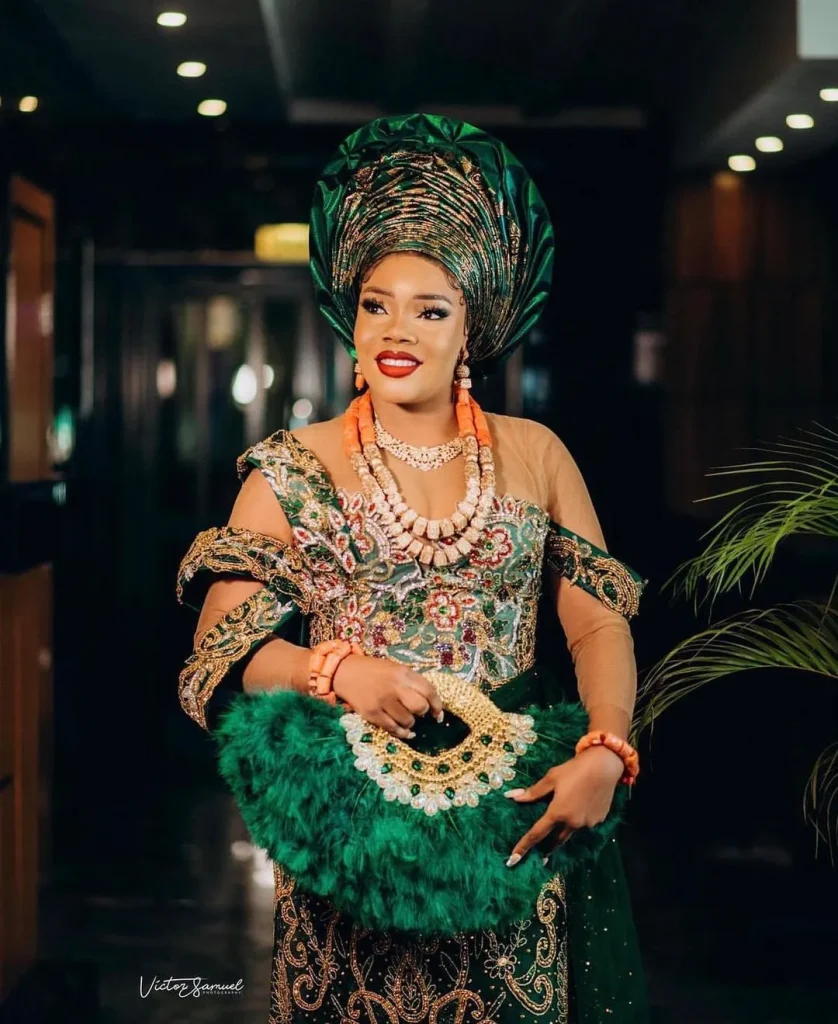
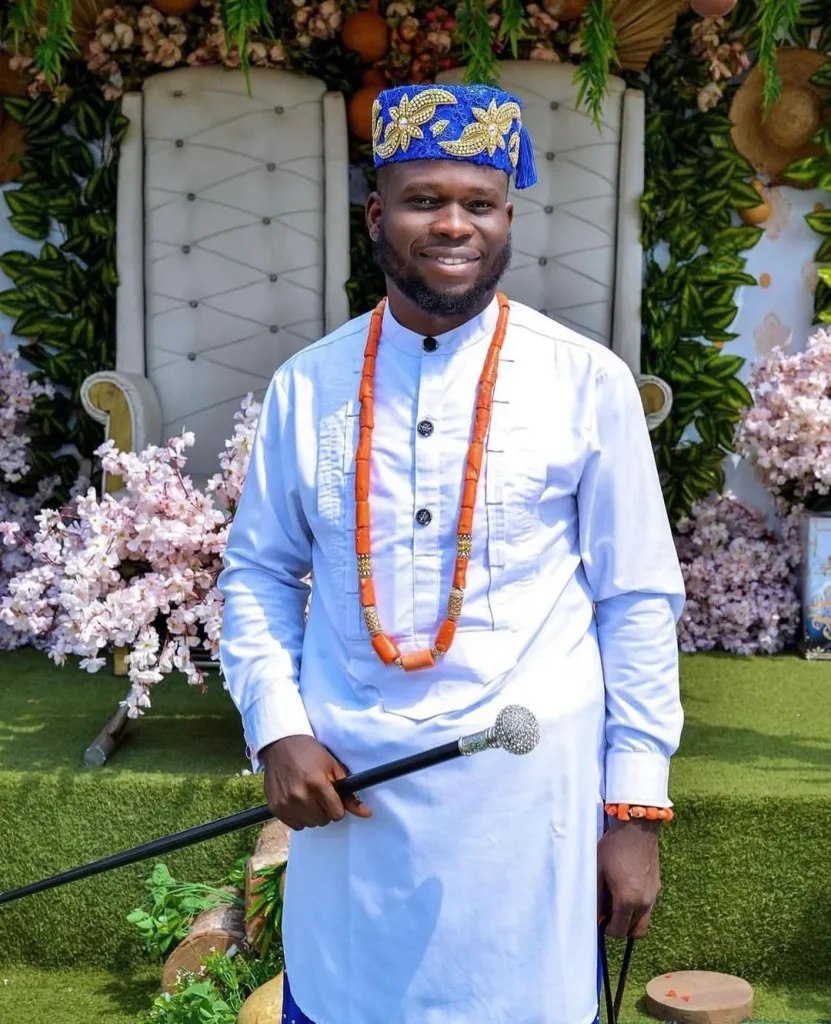
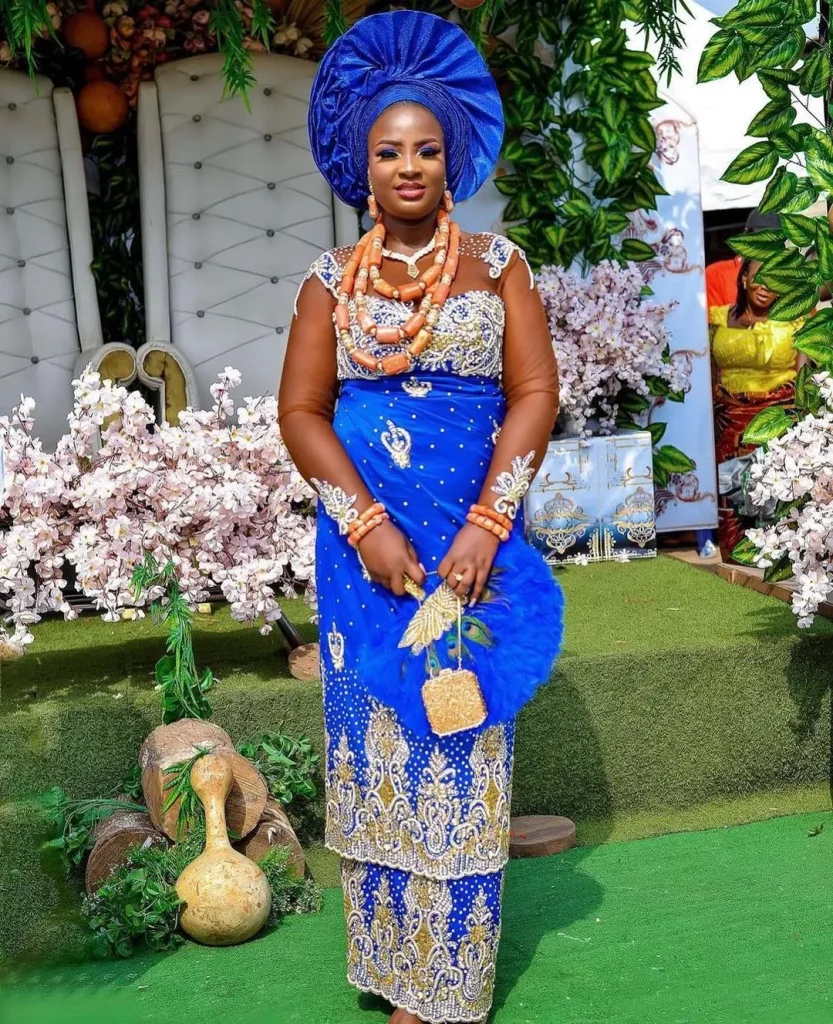
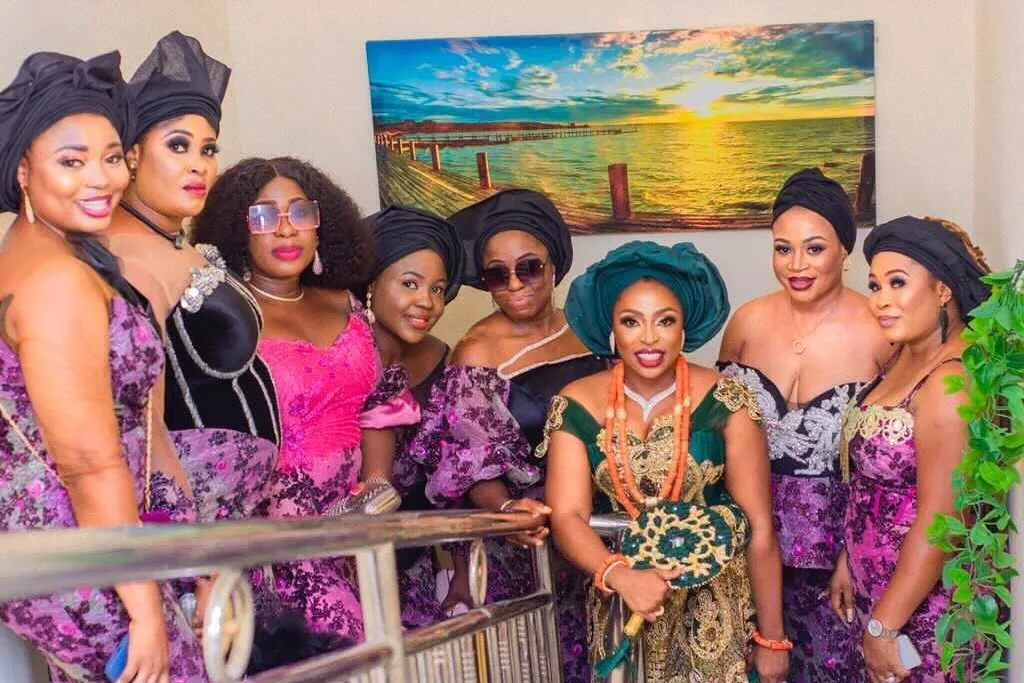
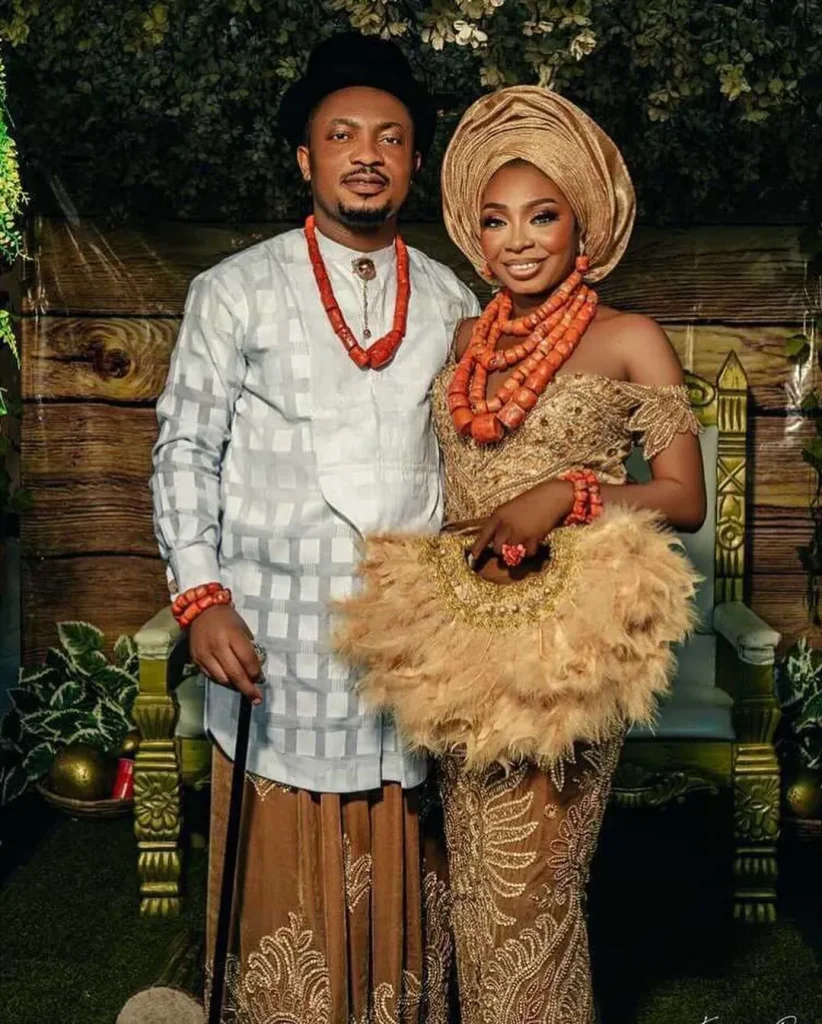
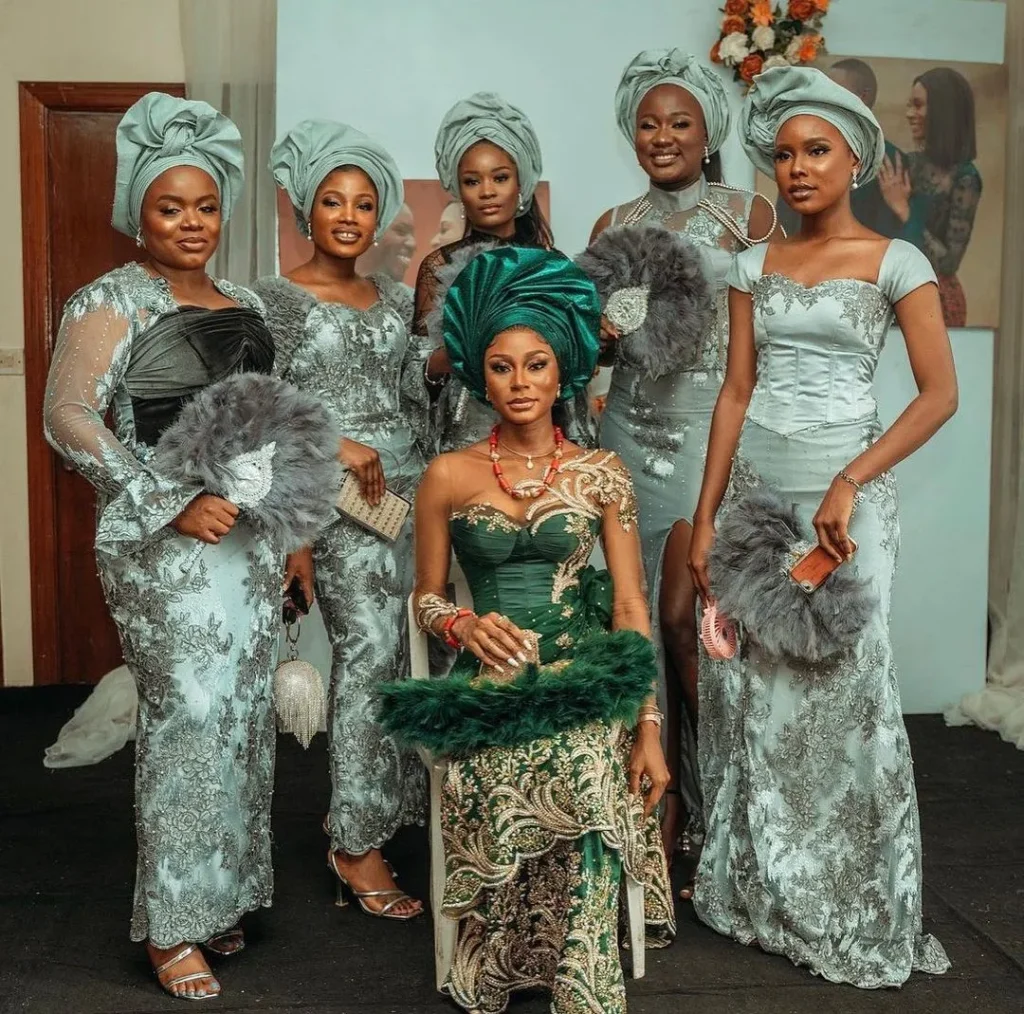
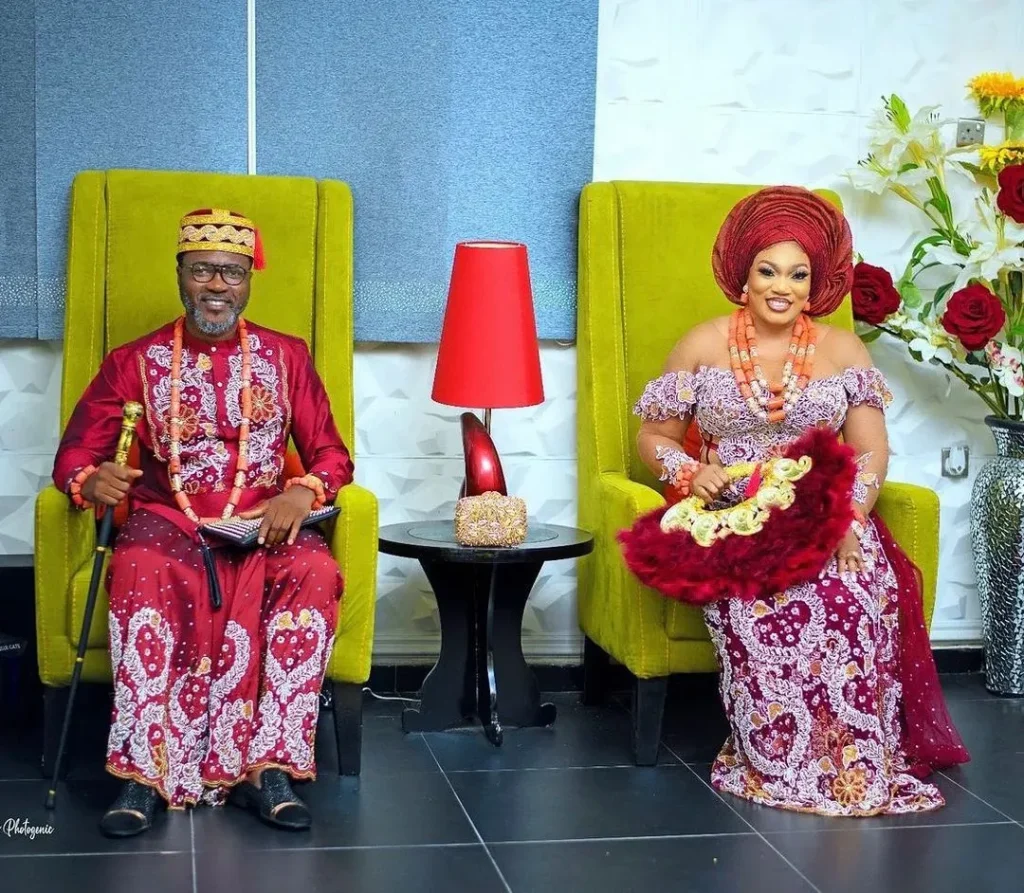
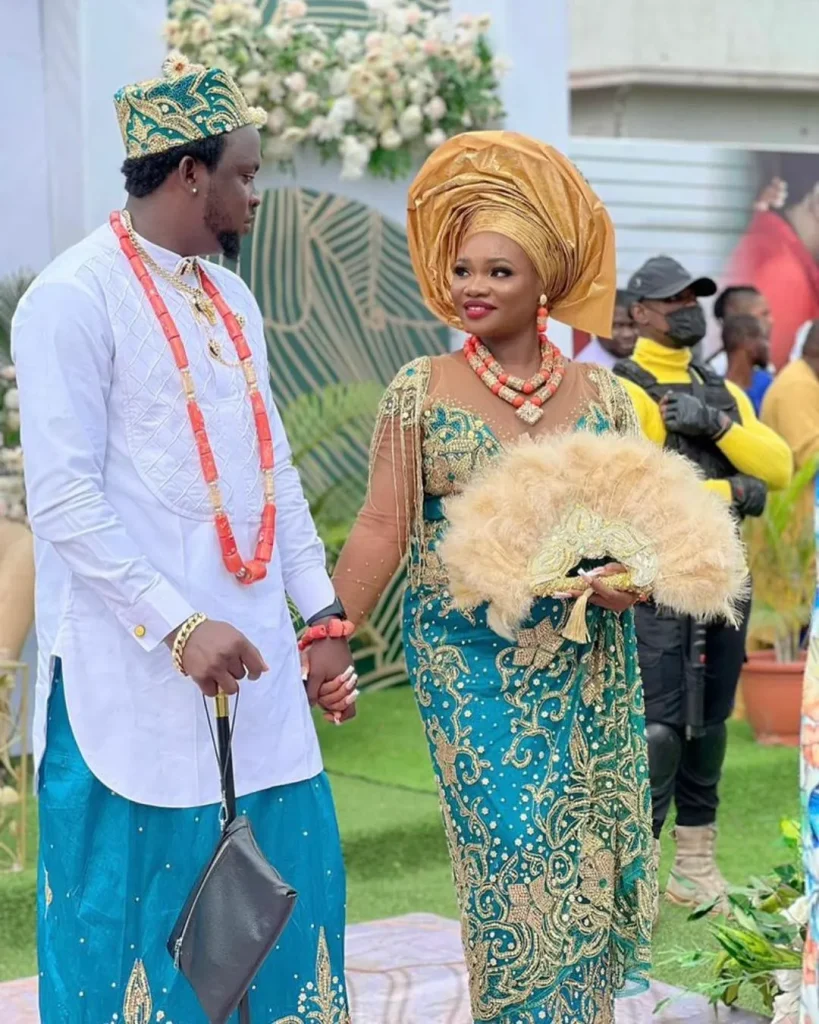
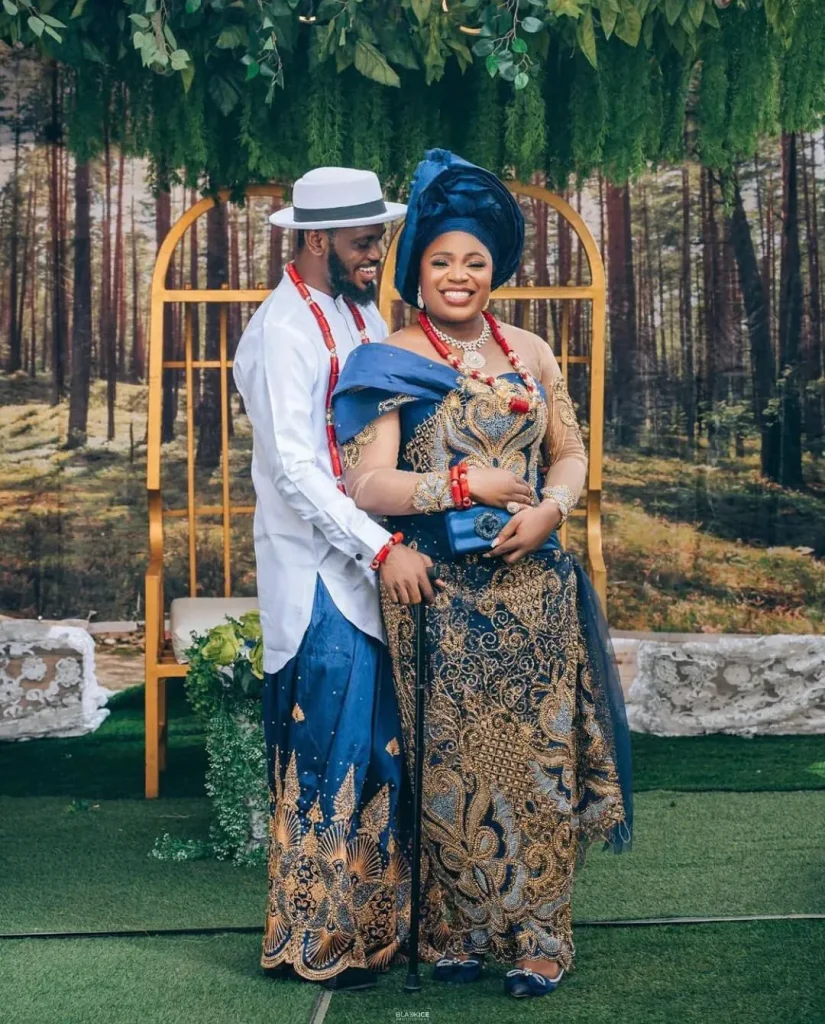
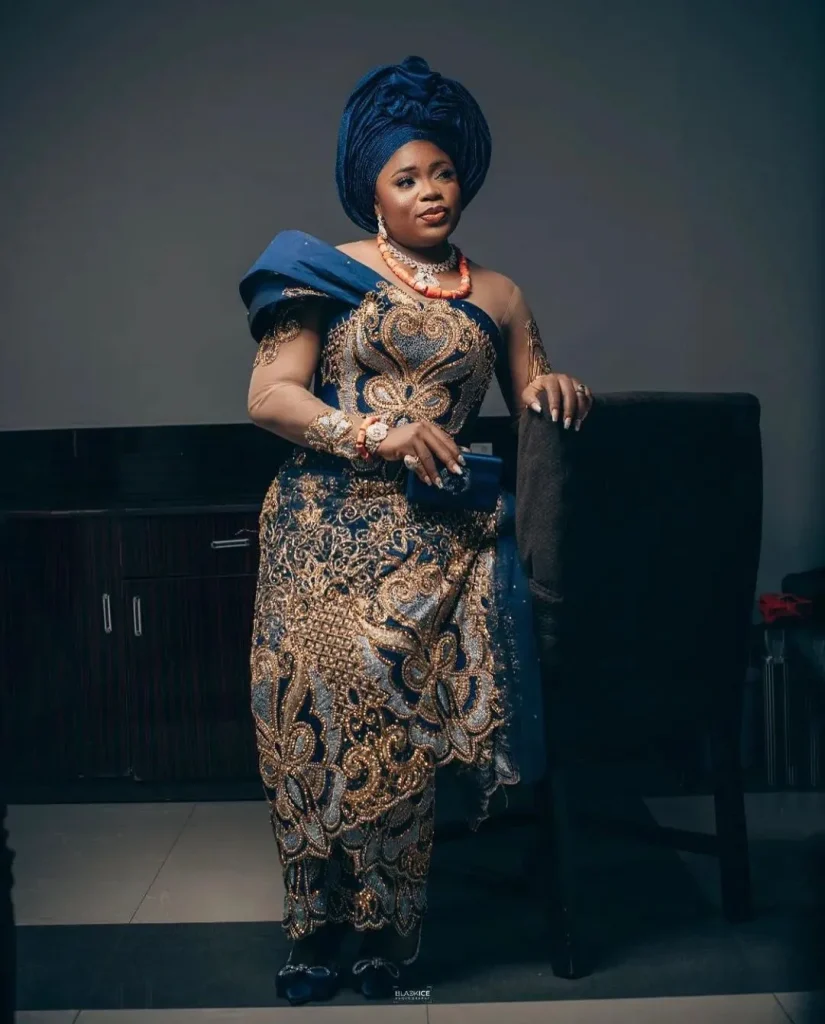
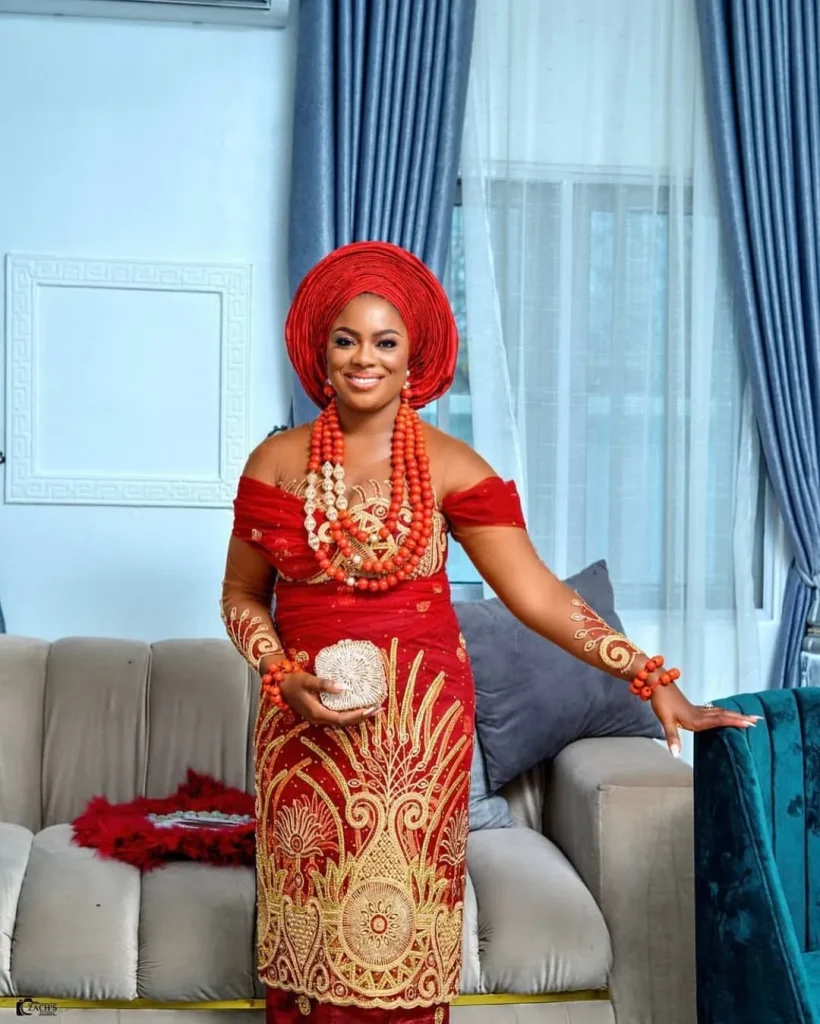
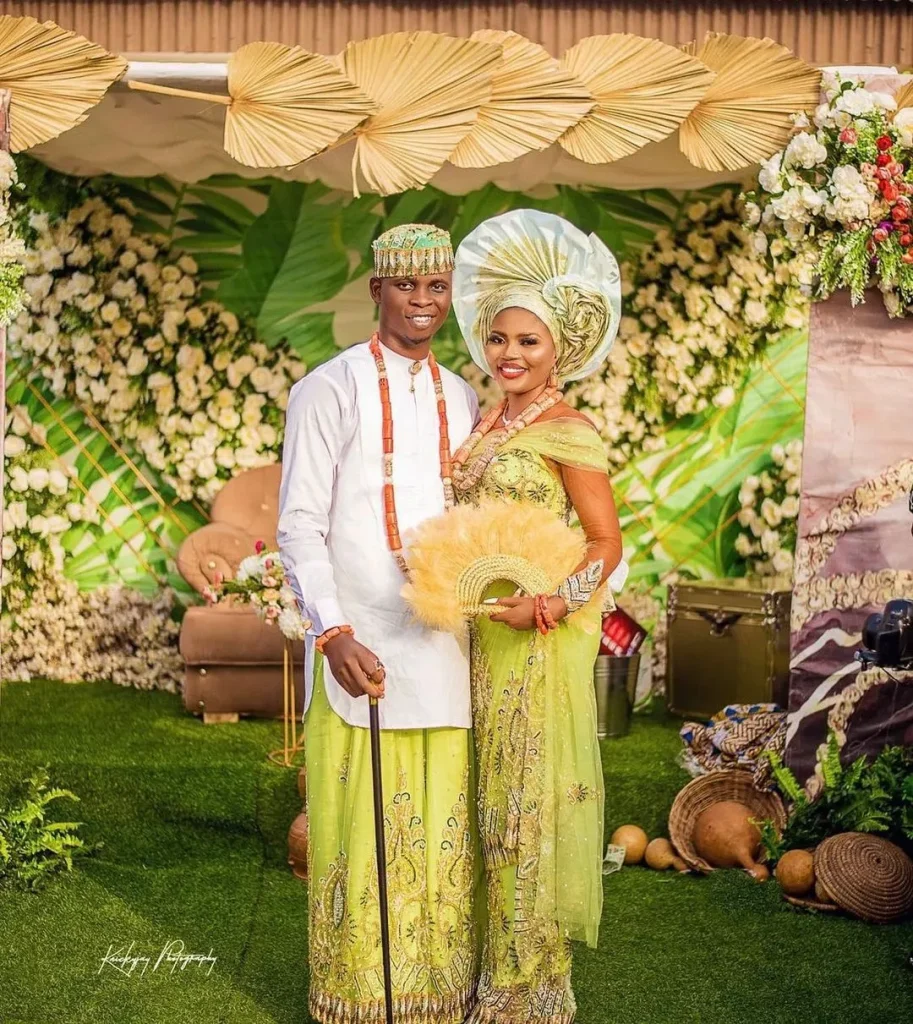
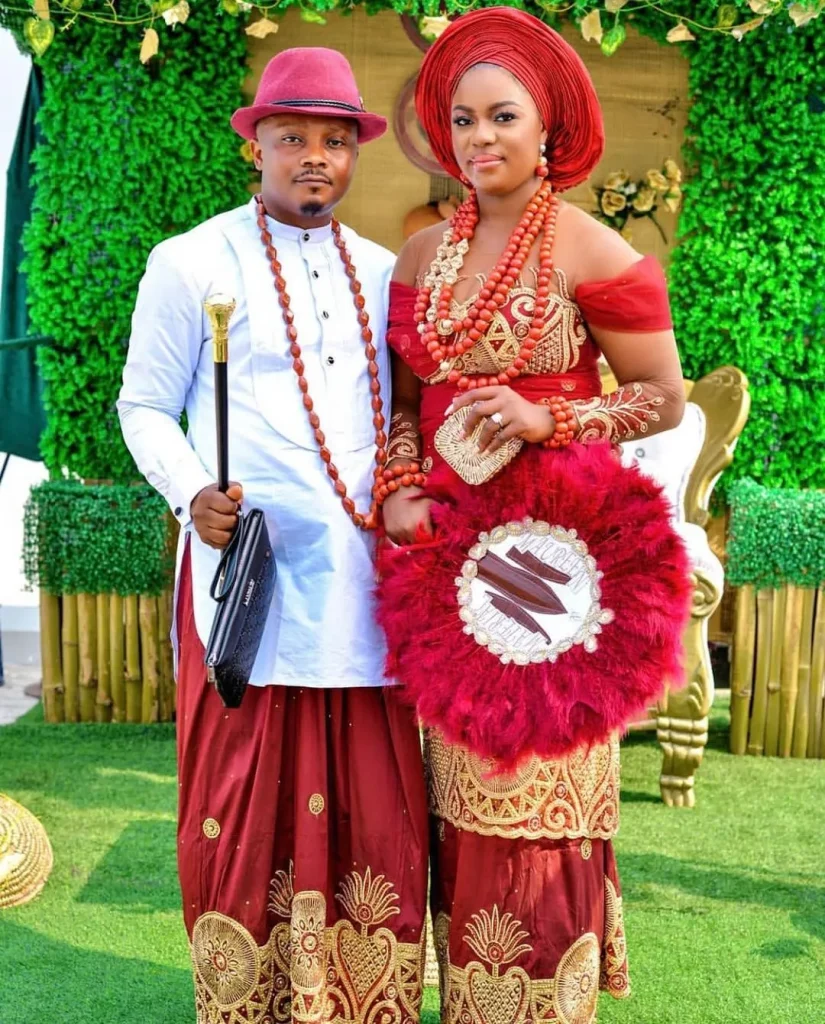
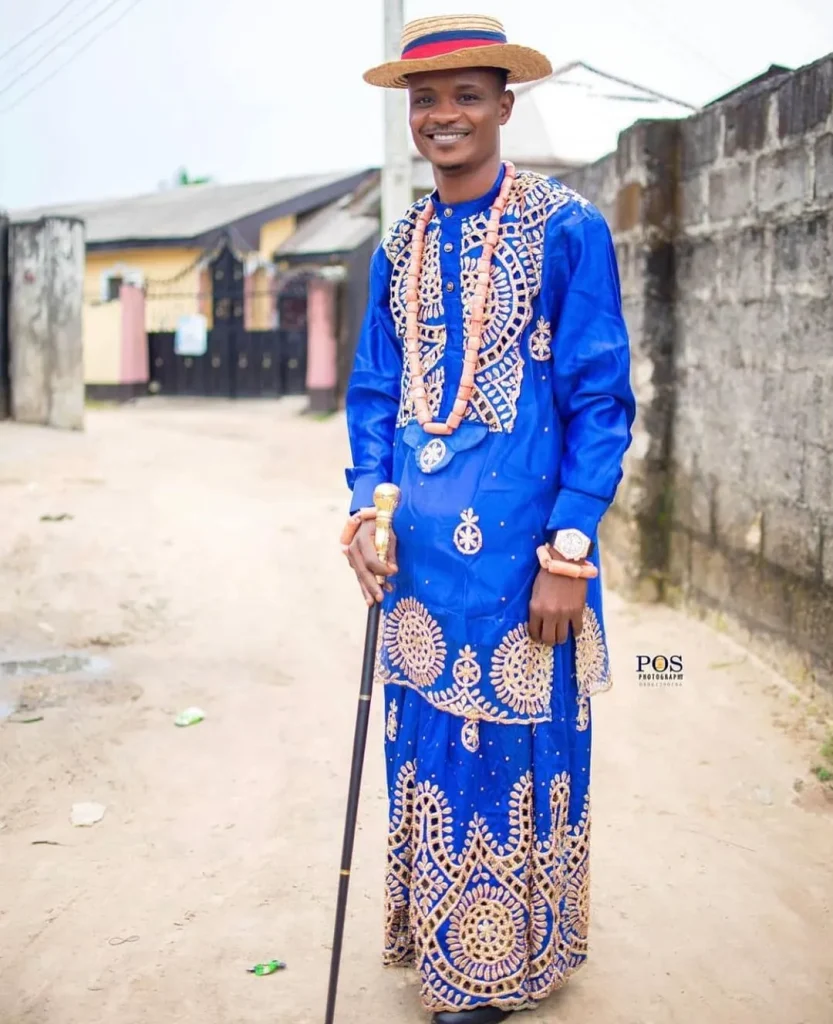
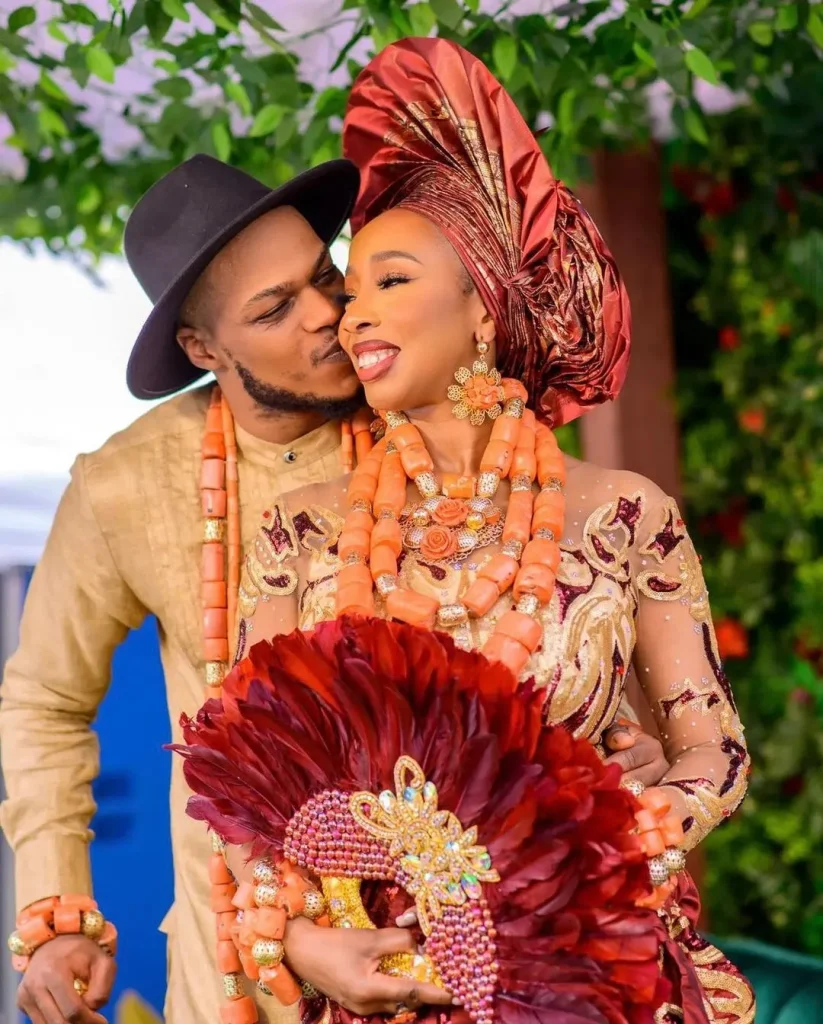
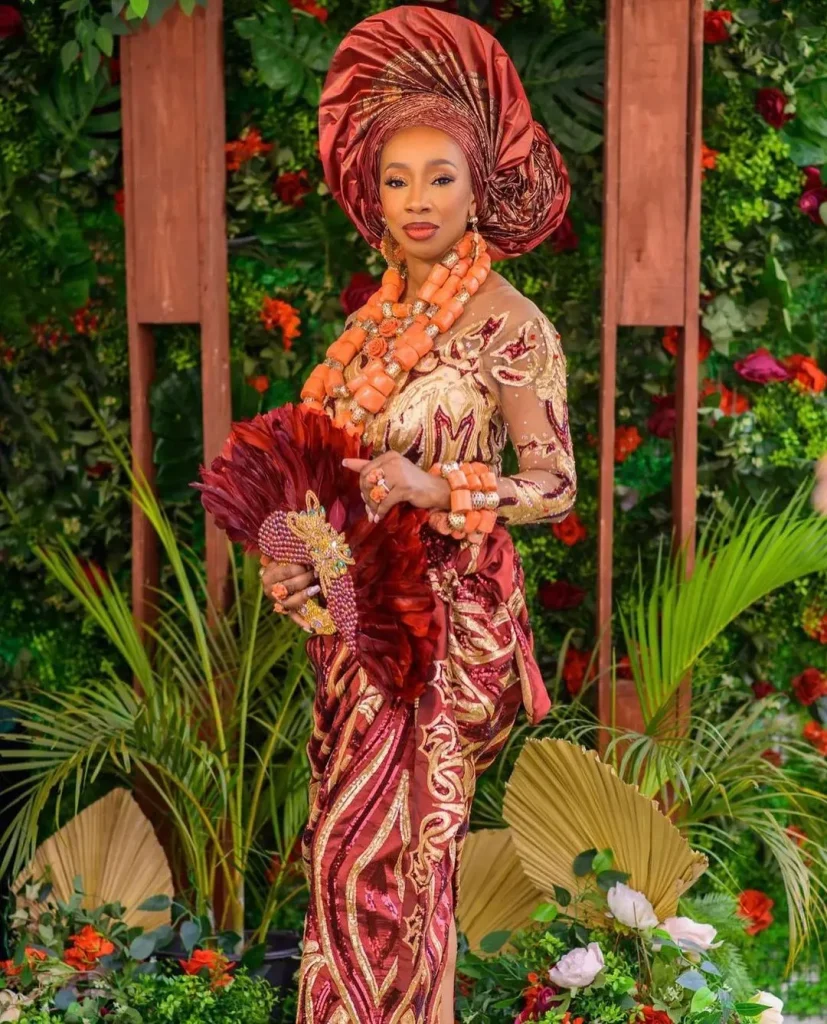
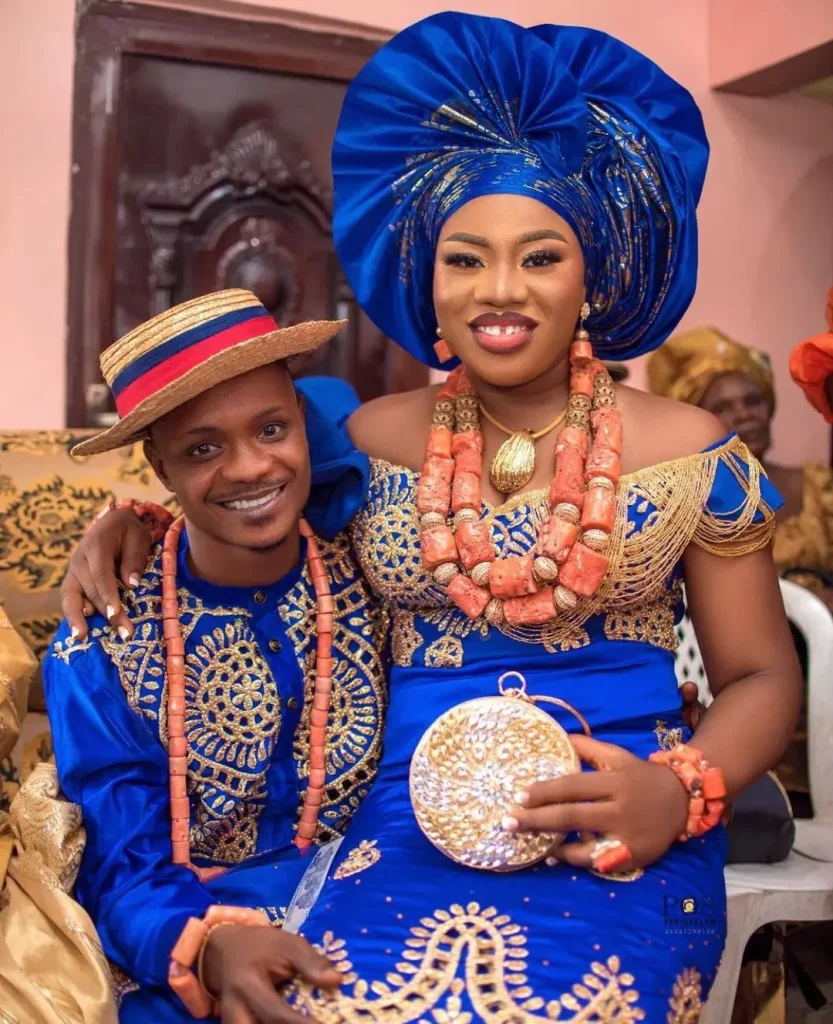

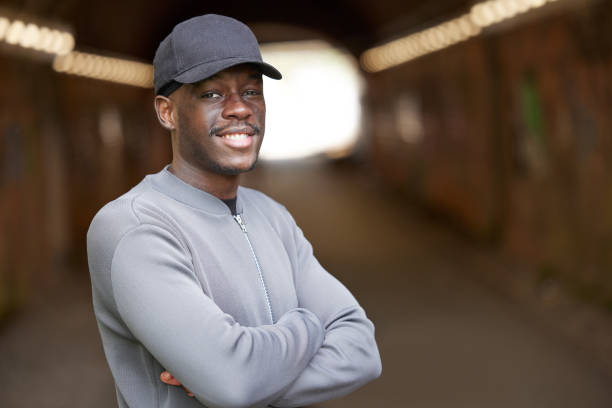
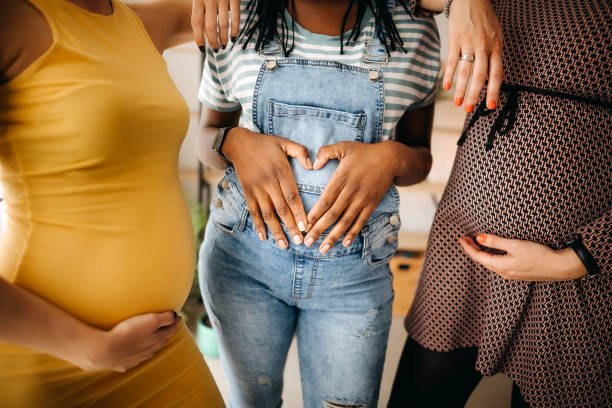
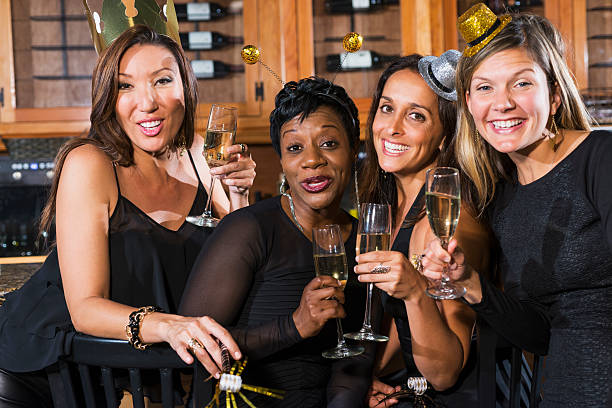
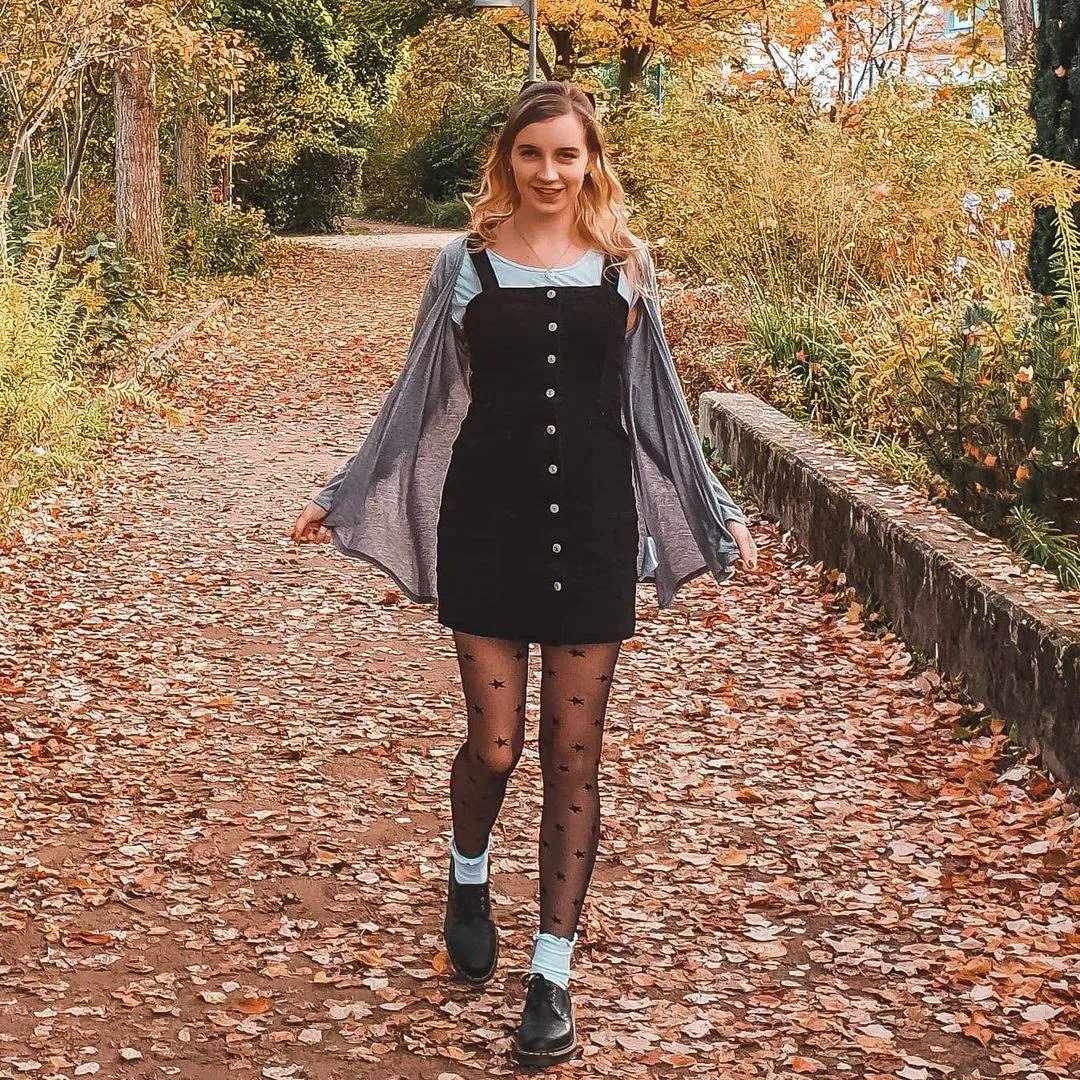
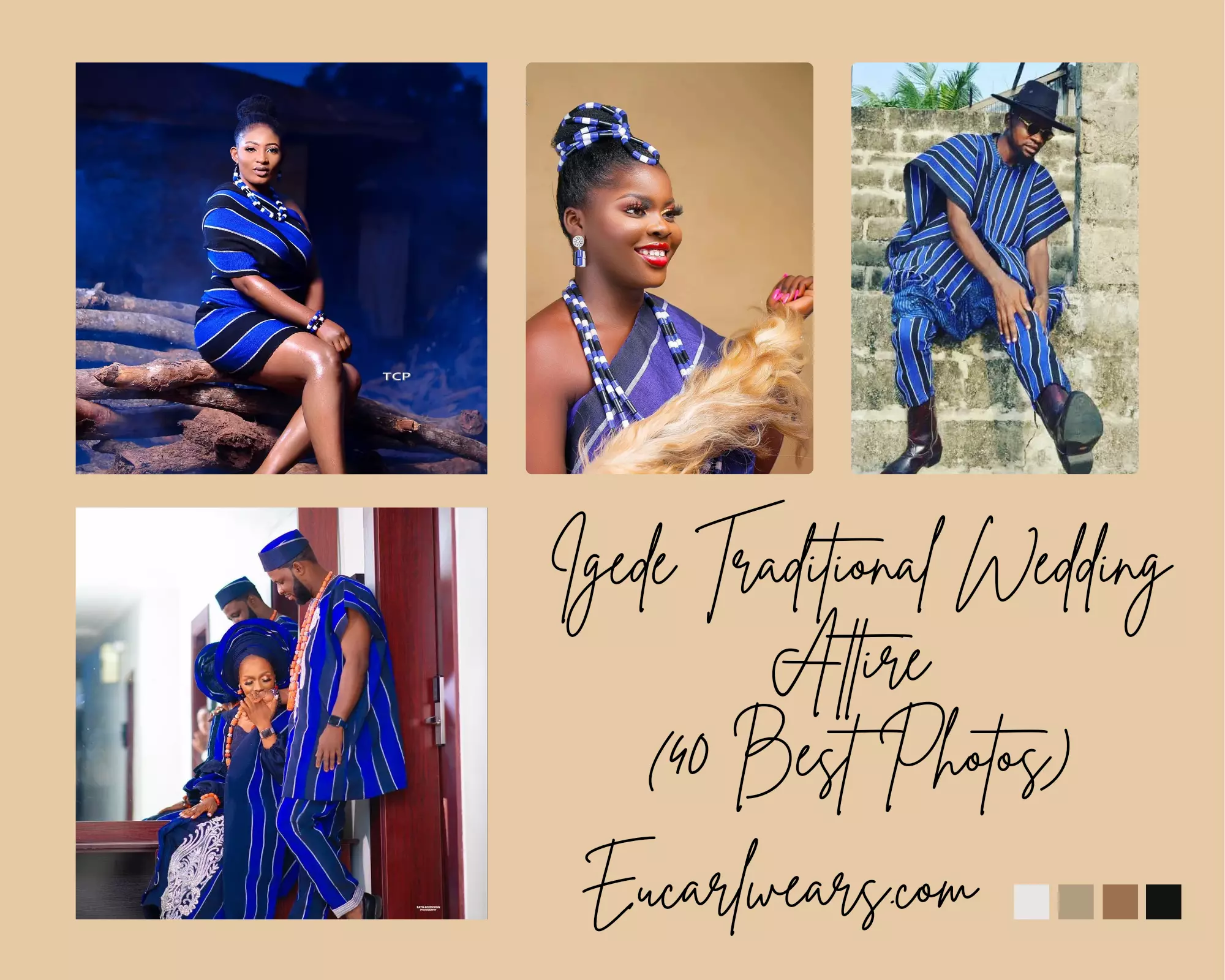

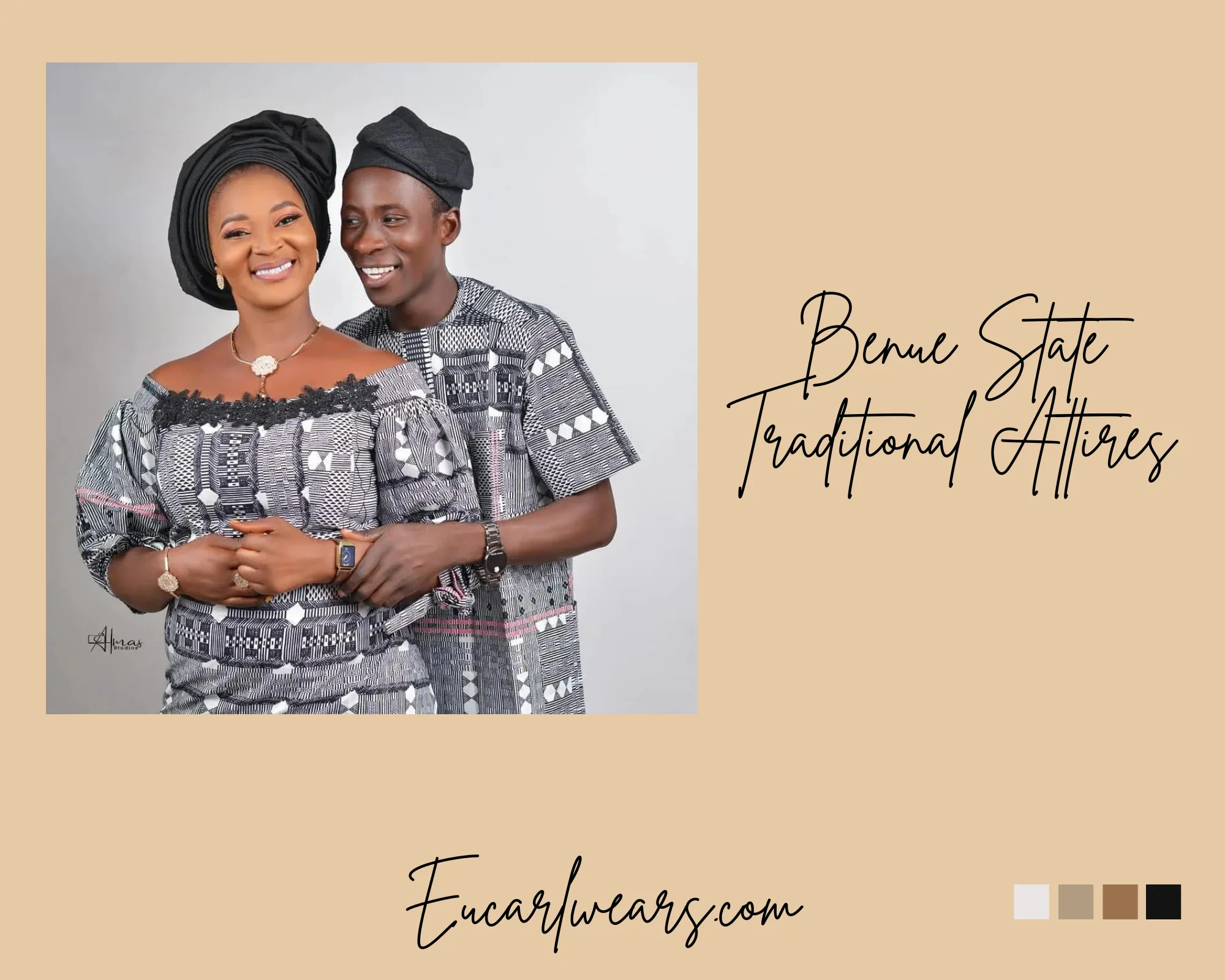

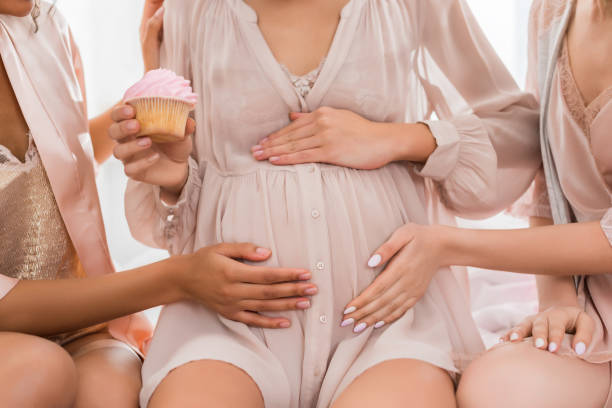


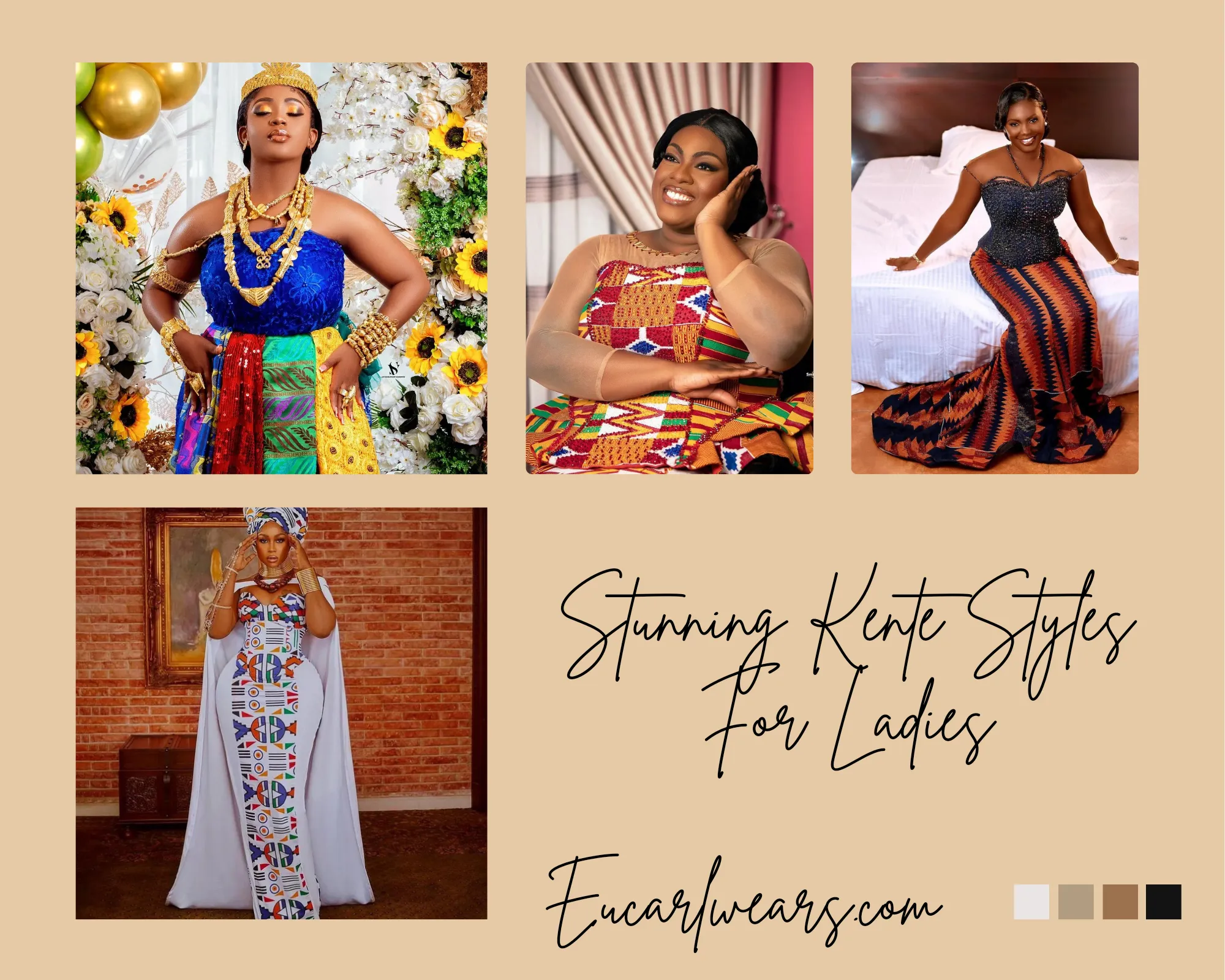
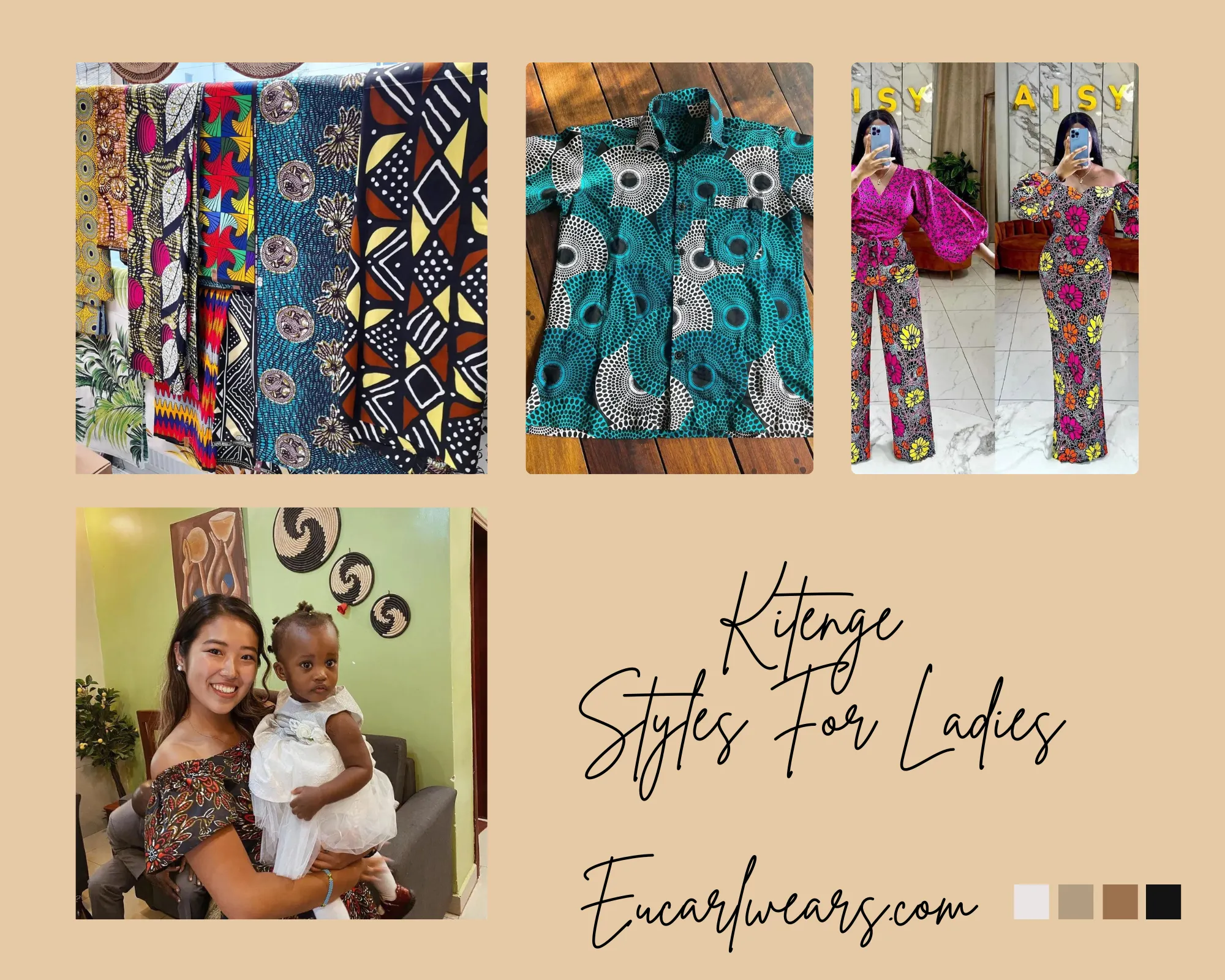

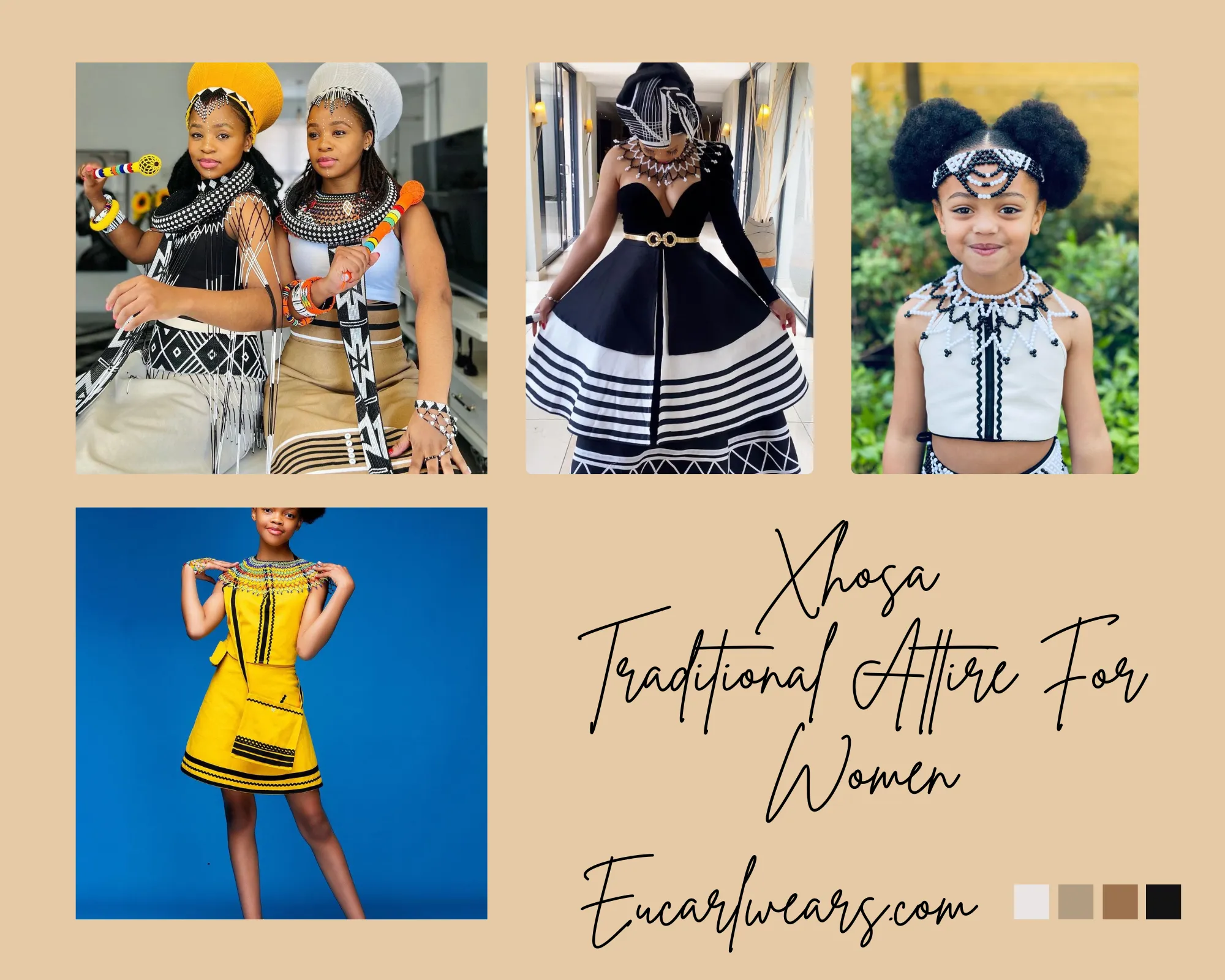
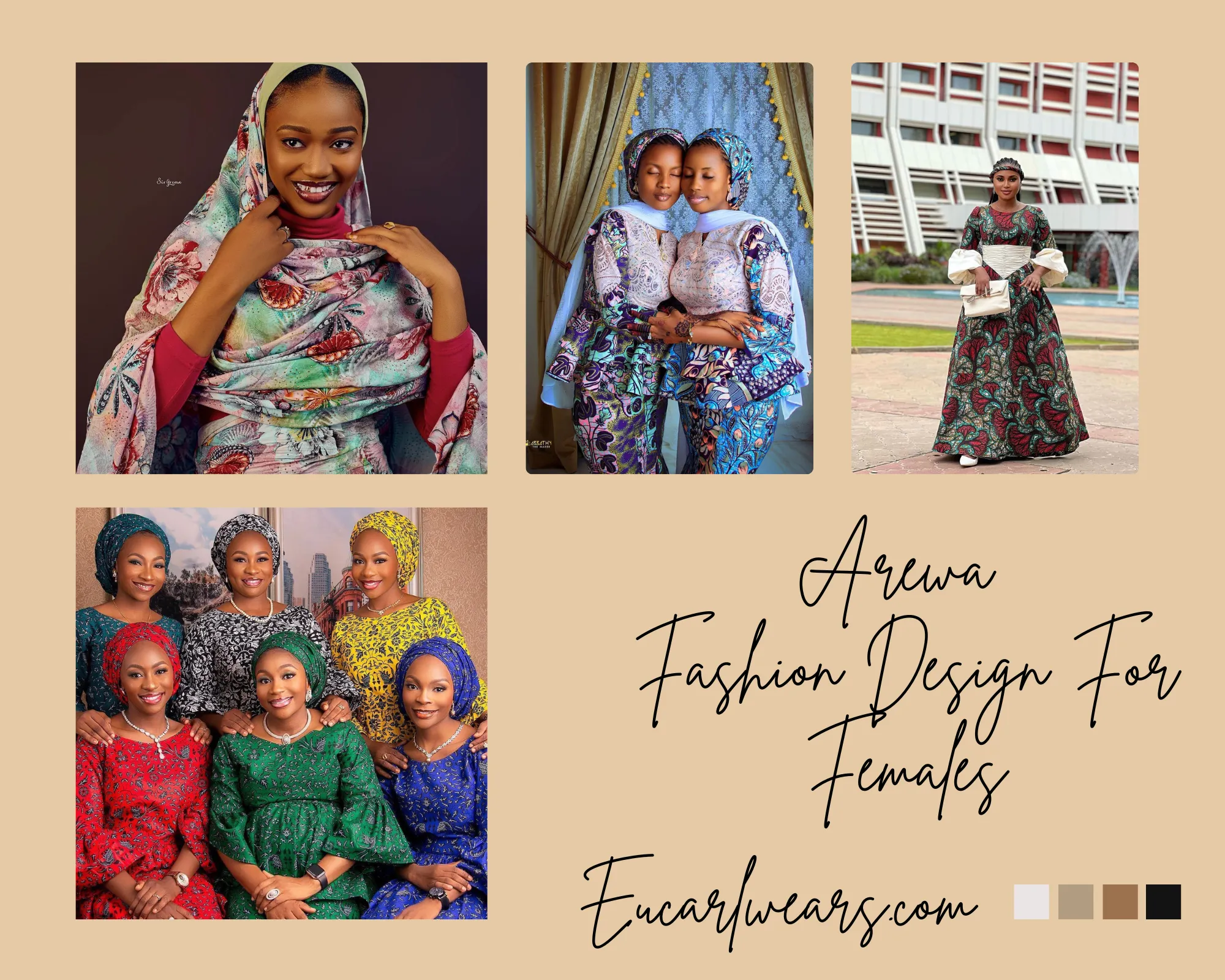

You must be logged in to post a comment Login